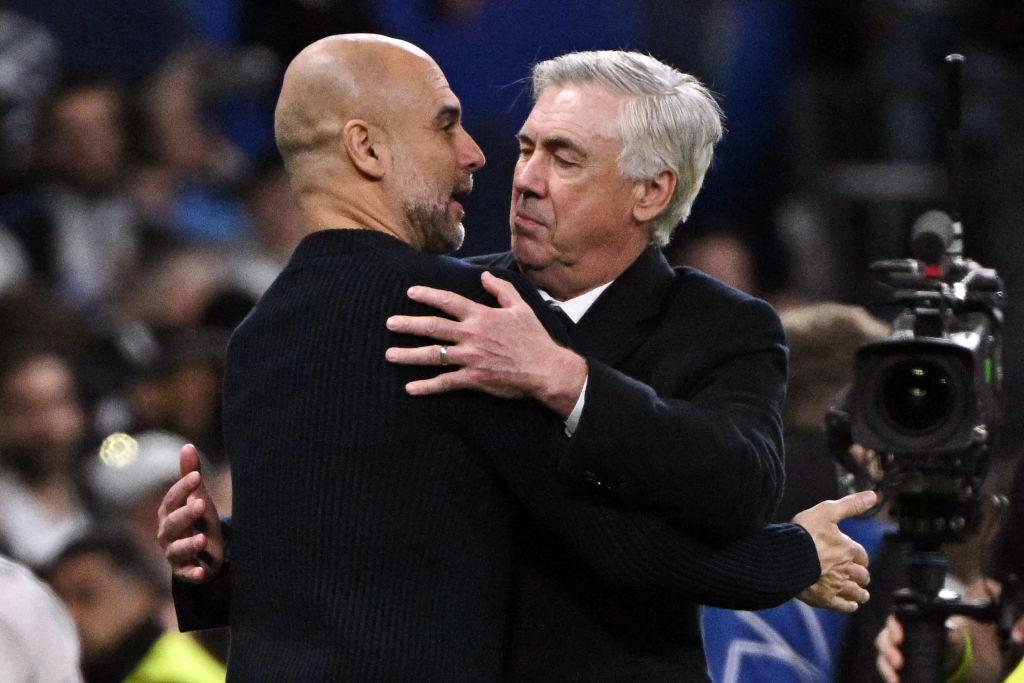Players who had better international careers than club careers
Some footballers do better for their national teams than at domestic level. Here, a look at some high-profile examples...
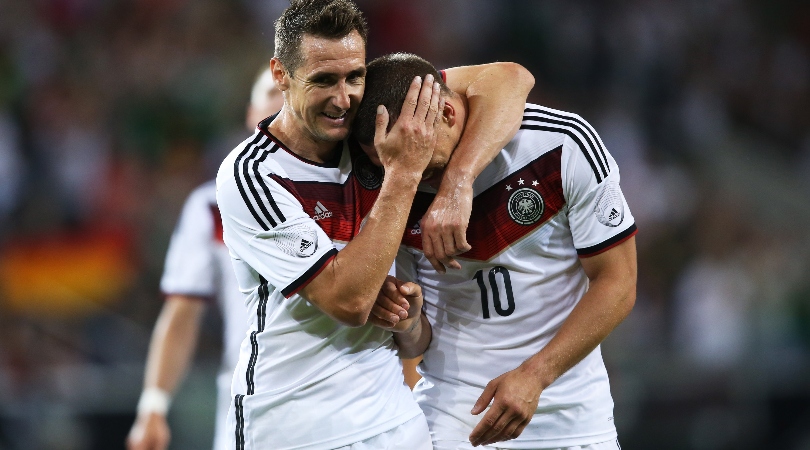
The list of players who have struggled to replicate their excellent club form at international level is long and there are plenty of reasons for that.
Sometimes, the pressure of playing for a national team can be too much of a burden. More often, the player in question is not utilised in the same position or formation which brought success with his club side. And having to operate alongside inferior players can also make things more difficult.
Occasionally, though, there are footballers who seem suited to international football and adapt better in that environment.
Here, a look at some high-profile examples of men's players who enjoyed better careers at international level than with their club sides...
32. Frode Grodas
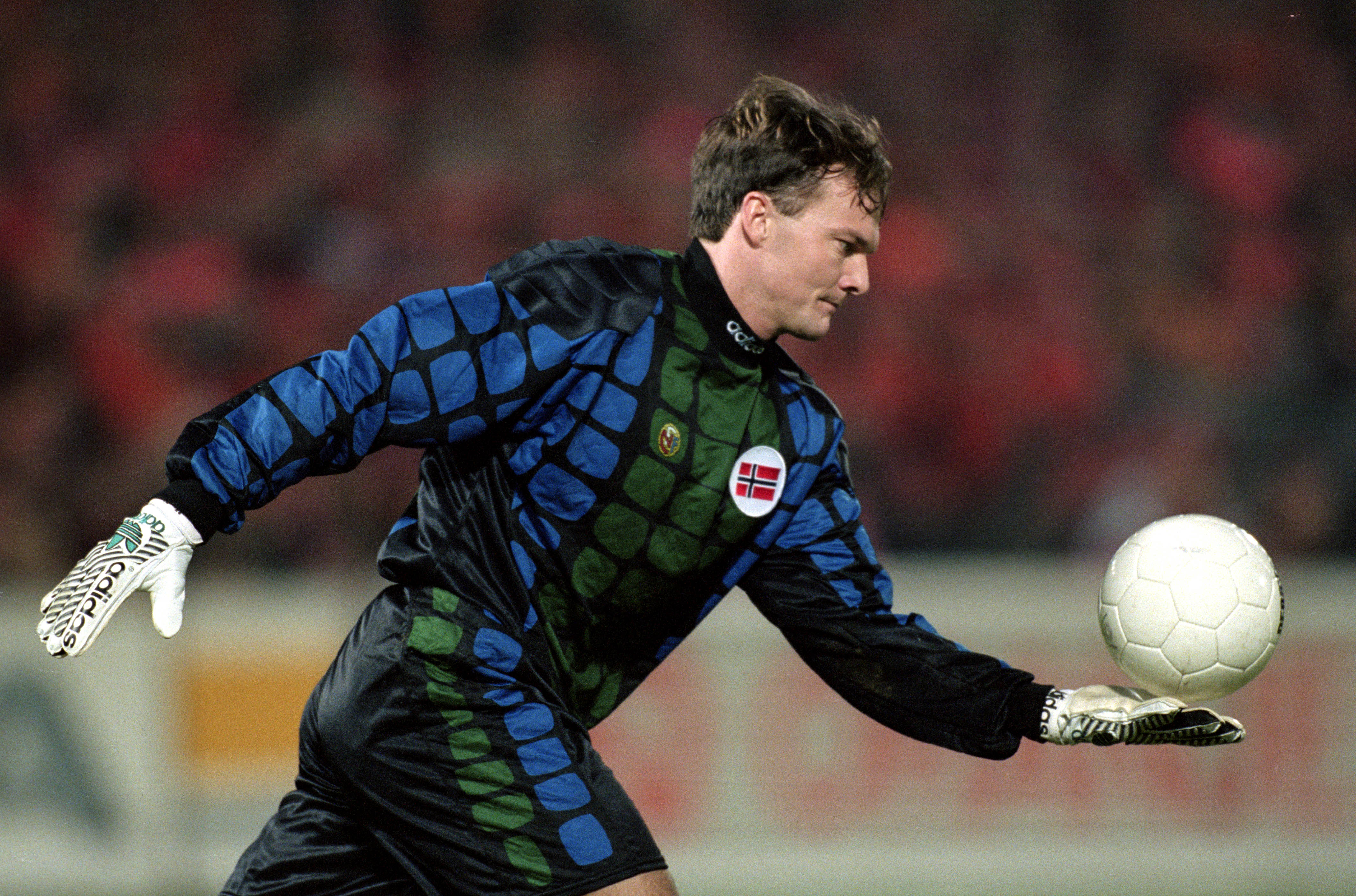
Frode Grodas won 50 caps for Norway between 1991 and 2002 and was the first-choice goalkeeper for his country in the 1998 World Cup.
After leaving Lillestrom to sign for Chelsea in 1996, he played just 27 times in two years, but did appear in an FA Cup final in 1997, keeping a clean sheet as the Blues beat Middlesbrough 2-0. He was third-choice goalkeeper at Tottenham heading into the 1998 World Cup – even behind compatriot Espen Baardsen – and barely played in spells at Schalke and Racing Santander after that.
31. Peter Crouch
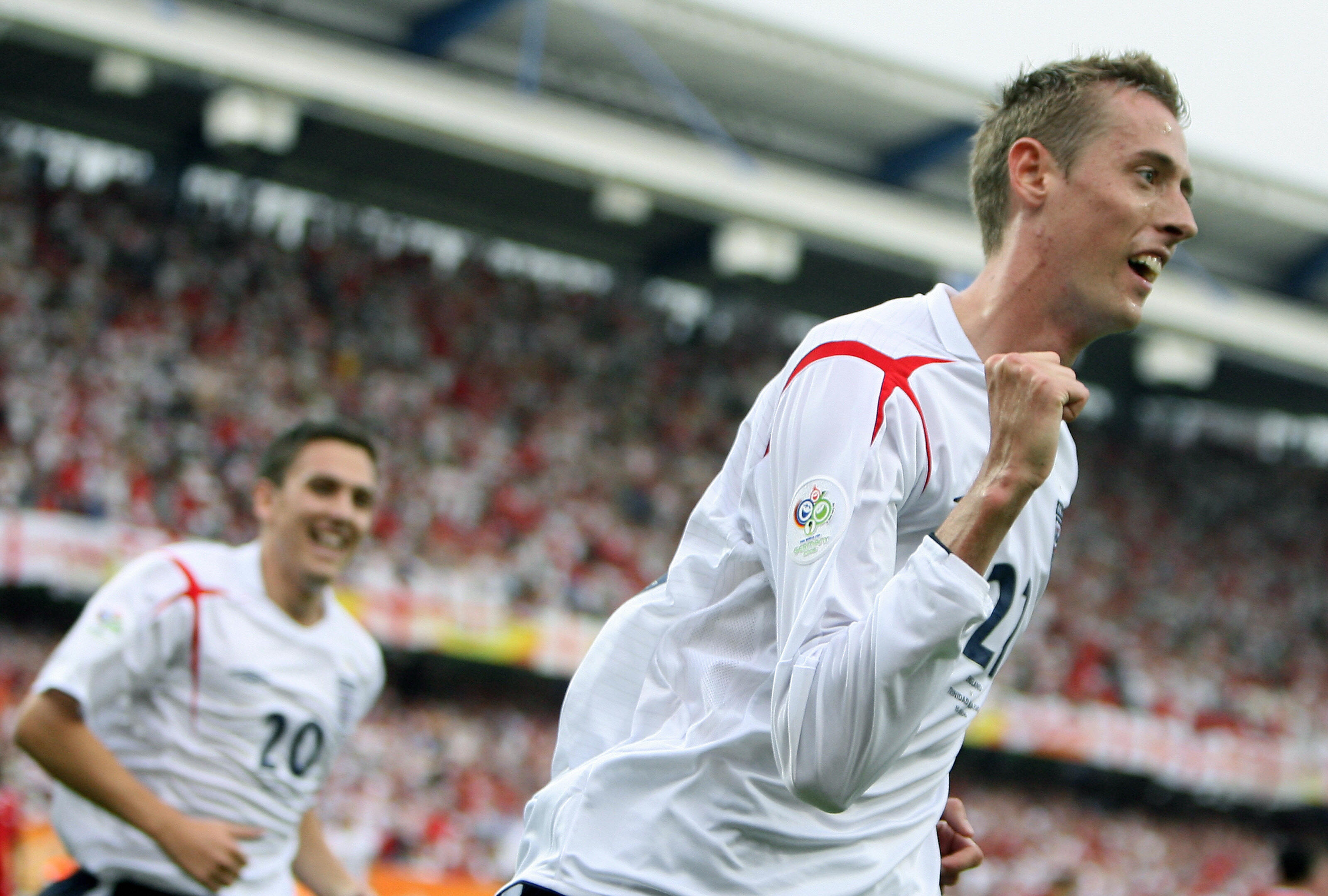
Peter Crouch scored over 200 career goals at club level and is part of a select group to have hit 100 or more in the Premier League.
Get FourFourTwo Newsletter
The best features, fun and footballing quizzes, straight to your inbox every week.
Although a very good player at Southampton, Liverpool, Tottenham and Stoke, Crouch only averaged a goal every three games or so for his club sides. For England, though, he scored 22 in 42 games – including a very important one against Trinidad and Tobago at the 2006 World Cup. And his robot celebration will live long in the memory.
30. Thomas Hassler
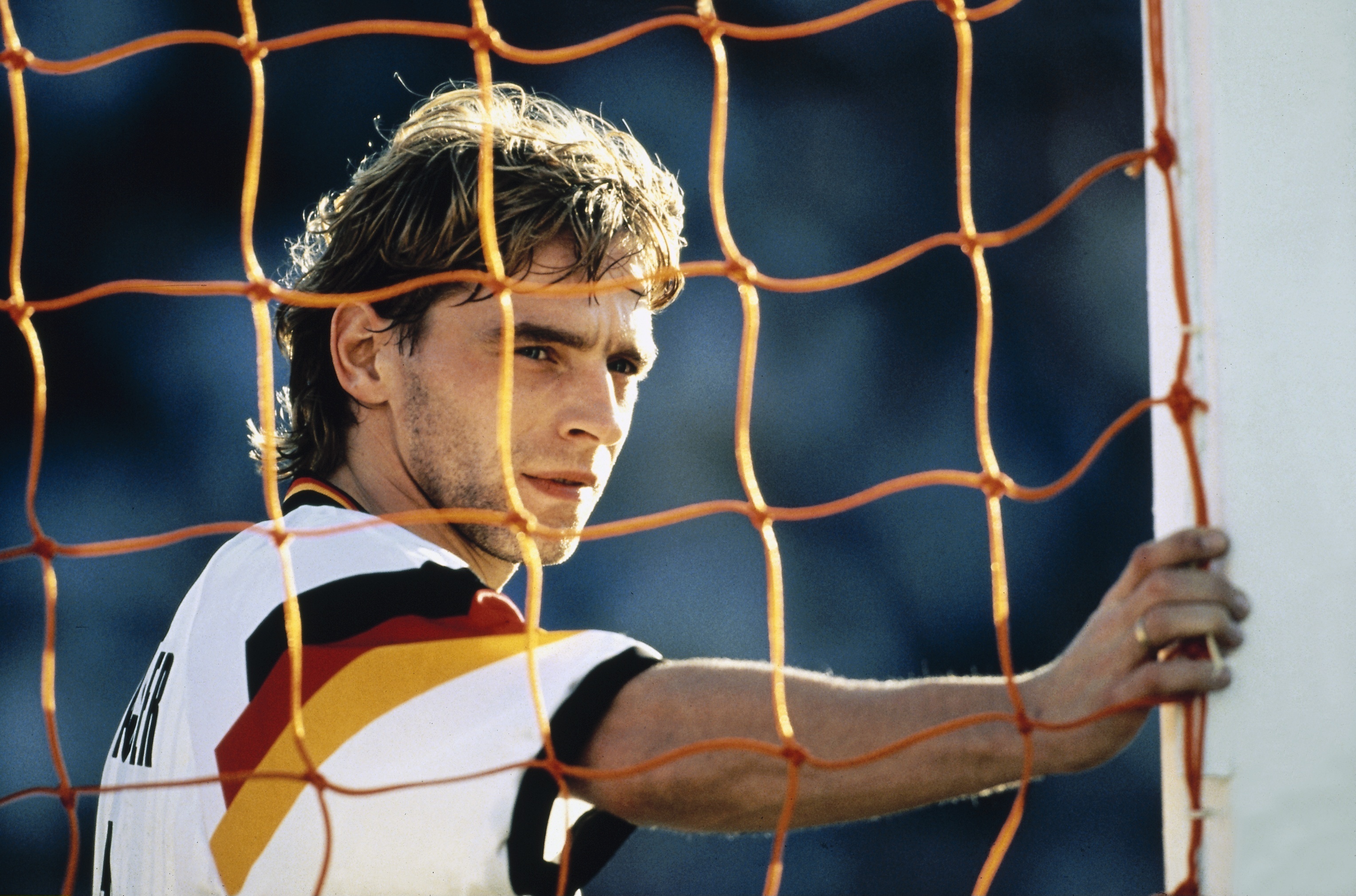
A World Cup winner in 1990 and a European champion in 1996, Thomas Hassler won 101 caps for his national team and was one of the best German midfielders of his generation.
Hassler played for most of his club career in Germany and Italy, where he spent a season at Juventus and three at Roma, but he never won a trophy in domestic football and always seemed more effective at international level.
29. Jared Borgetti
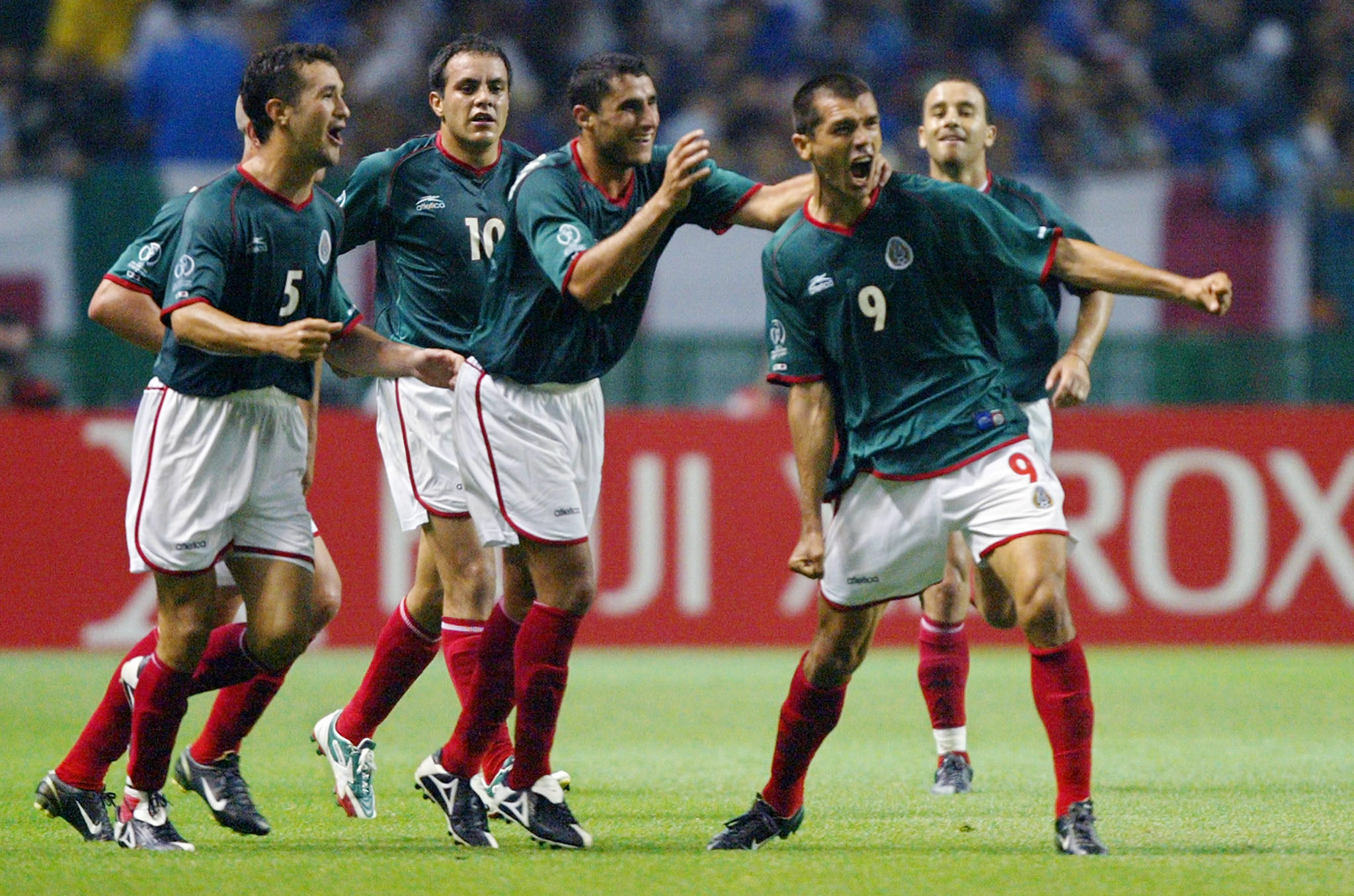
Until he was overtaken by Javier Hernandez, Jared Borgetti was Mexico's all-time top scorer with an impressive 46 goals in 89 games between 1997 and 2008.
An intelligent striker known for his heading ability, Borgetti was successful with Santos Laguna in Mexico but spent only a brief spell outside his homeland at Bolton Wanderers in 2005/06 and barely featured under Sam Allardyce.
28. Carlos Valderrama
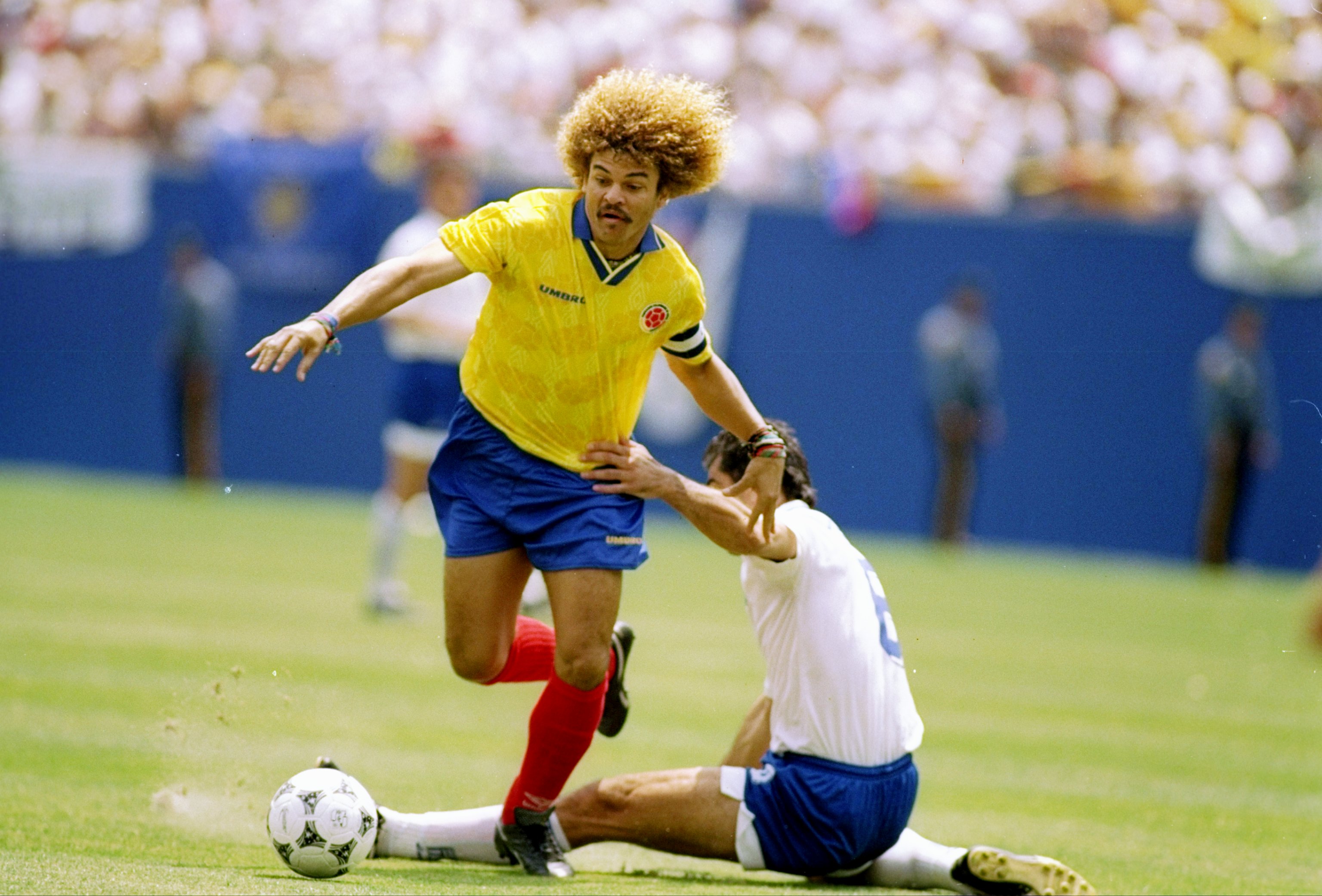
Considered one of the greatest South American players of all time, Carlos Valderrama played over 100 games for Colombia and featured at three World Cups.
The eccentric playmaker was named South American Player of the Year in 1987 and 1993. He was good enough to play pretty much anywhere, but won just a Coupe de France with Montpellier and an MLS Supporters' Shield at Tampa Bay Mutiny outside his homeland.
27. John Heitinga
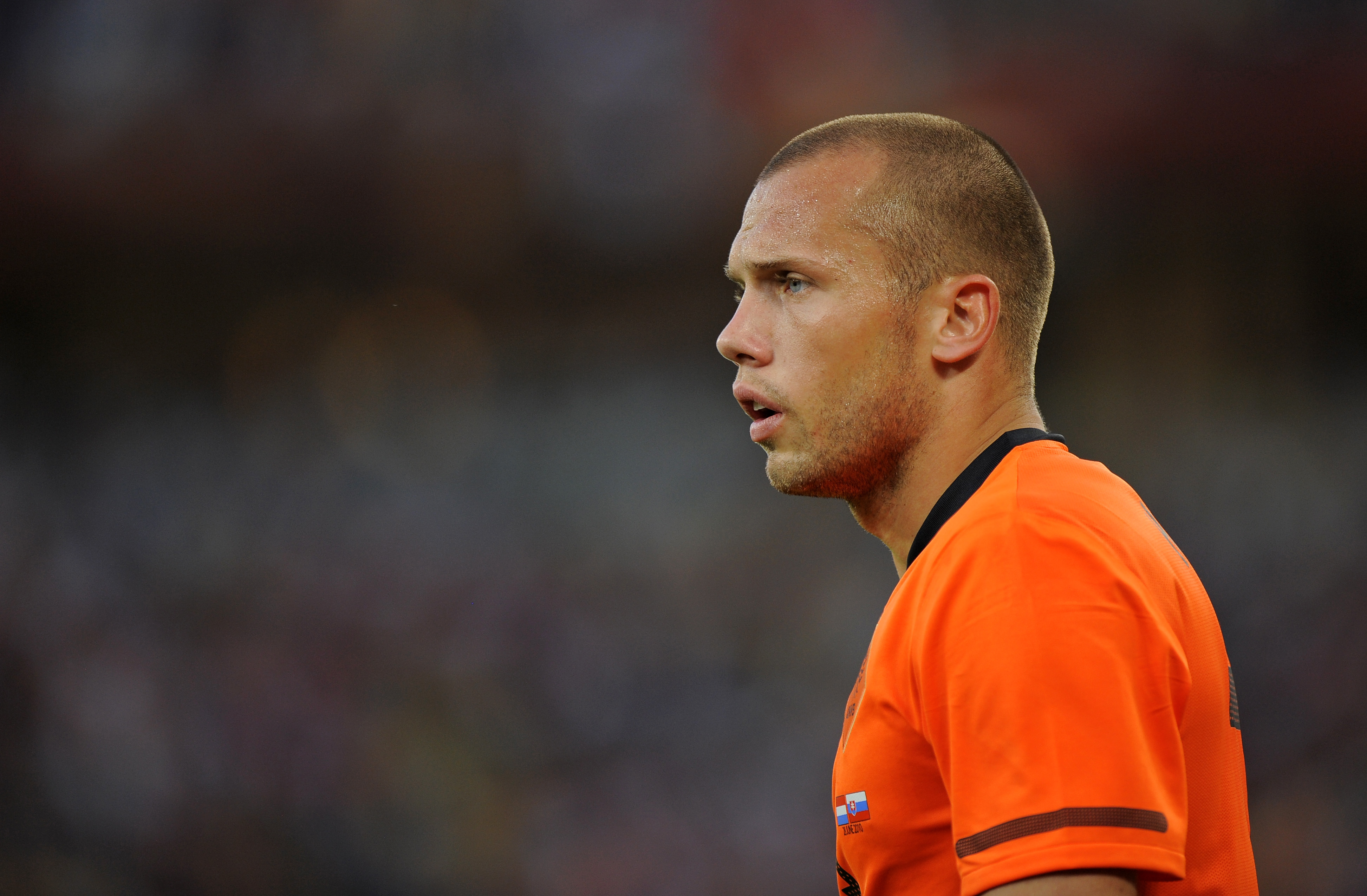
A consistent performer for the Netherlands in a nine-year international career between 2004 and 2013, John Heitinga won 87 caps for the Dutch national team and was a World Cup finalist in 2010.
The centre-back had a decent five-year spell at Everton and played for a year at Atletico Madrid before that, but his best performances seemed to come with his national team.
26. Henri Camara
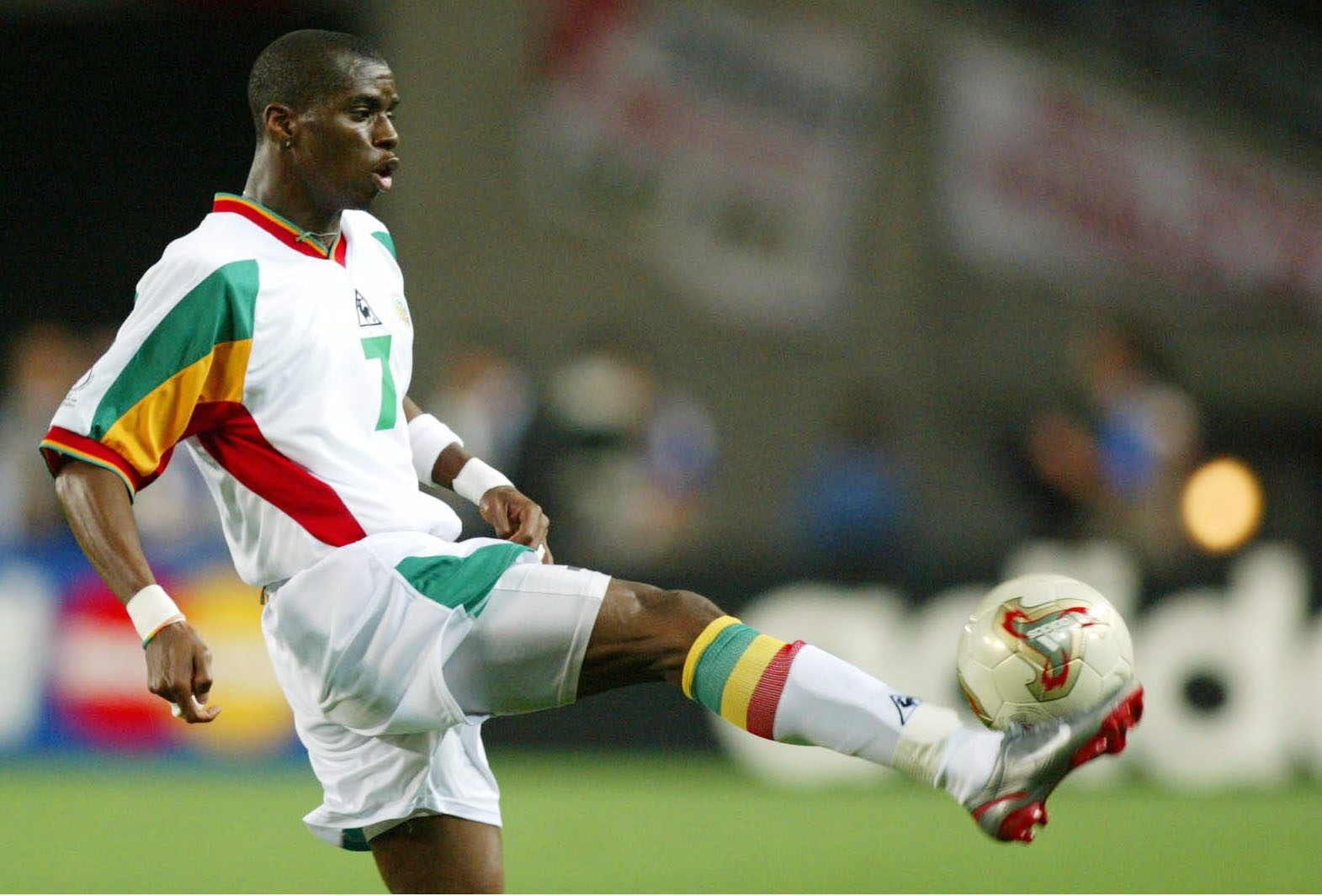
Henri Camara scored 29 times in 99 appearances for Senegal in an impressive international career and was on target twice at the 2002 World Cup – including a golden goal against Sweden in the last 16.
At club level, he played for 18 different clubs across Europe – in England, Scotland, Switzerland, France and Greece – but never really found home for very long.
25. Denis Cheryshev
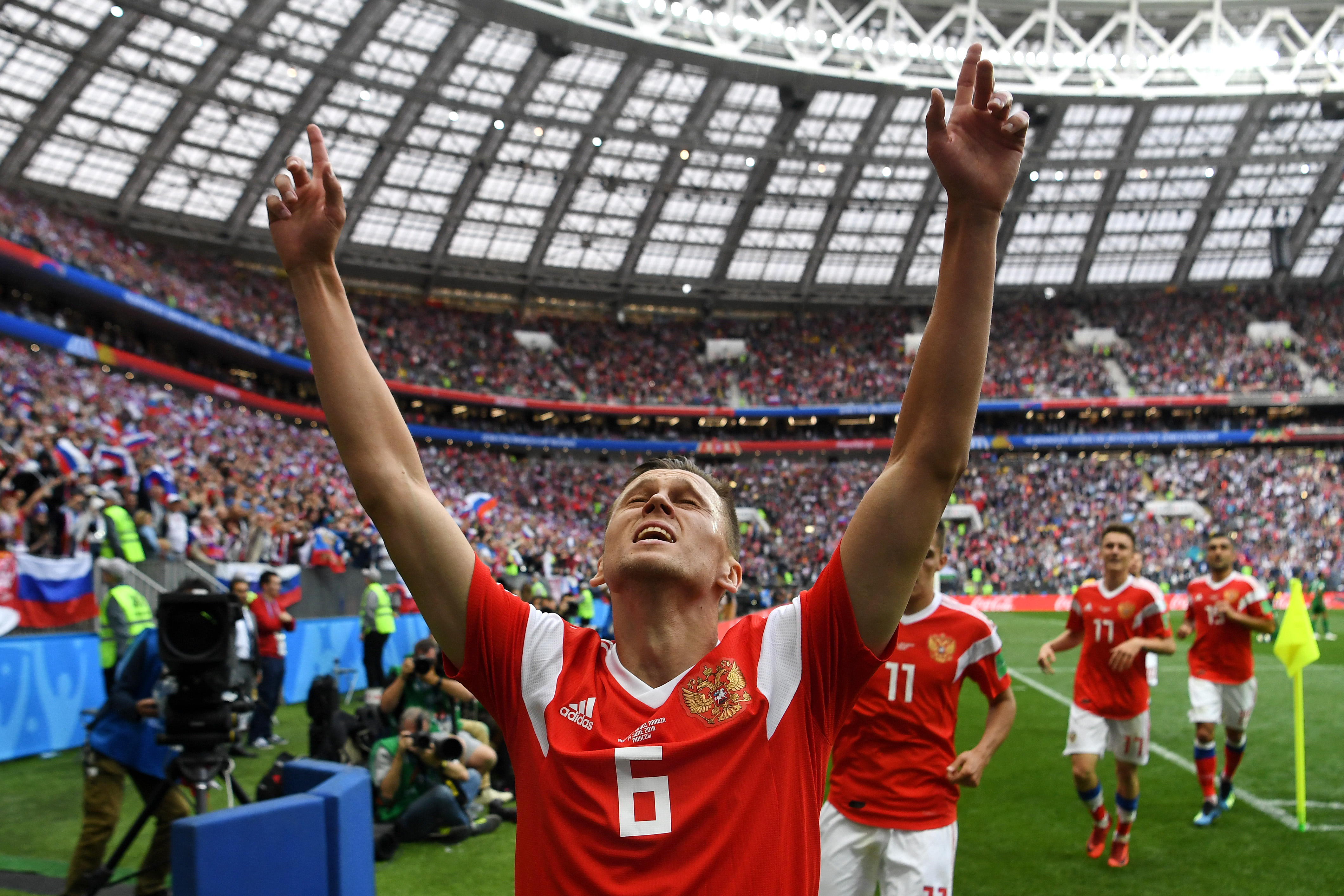
Denis Cheryshev's most significant moment as a Real Madrid player came when he was fielded by mistake in a Copa del Rey clash and Los Blancos were thrown out of the competition because he had been ineligible.
The winger went on to have decent spells at Valencia and Villarreal, but hit greater heights with Russia as he scored four goals to help fire the hosts – the lowest-ranked team in the 2018 World Cup – to the quarter-finals.
24. Kim Kallstrom
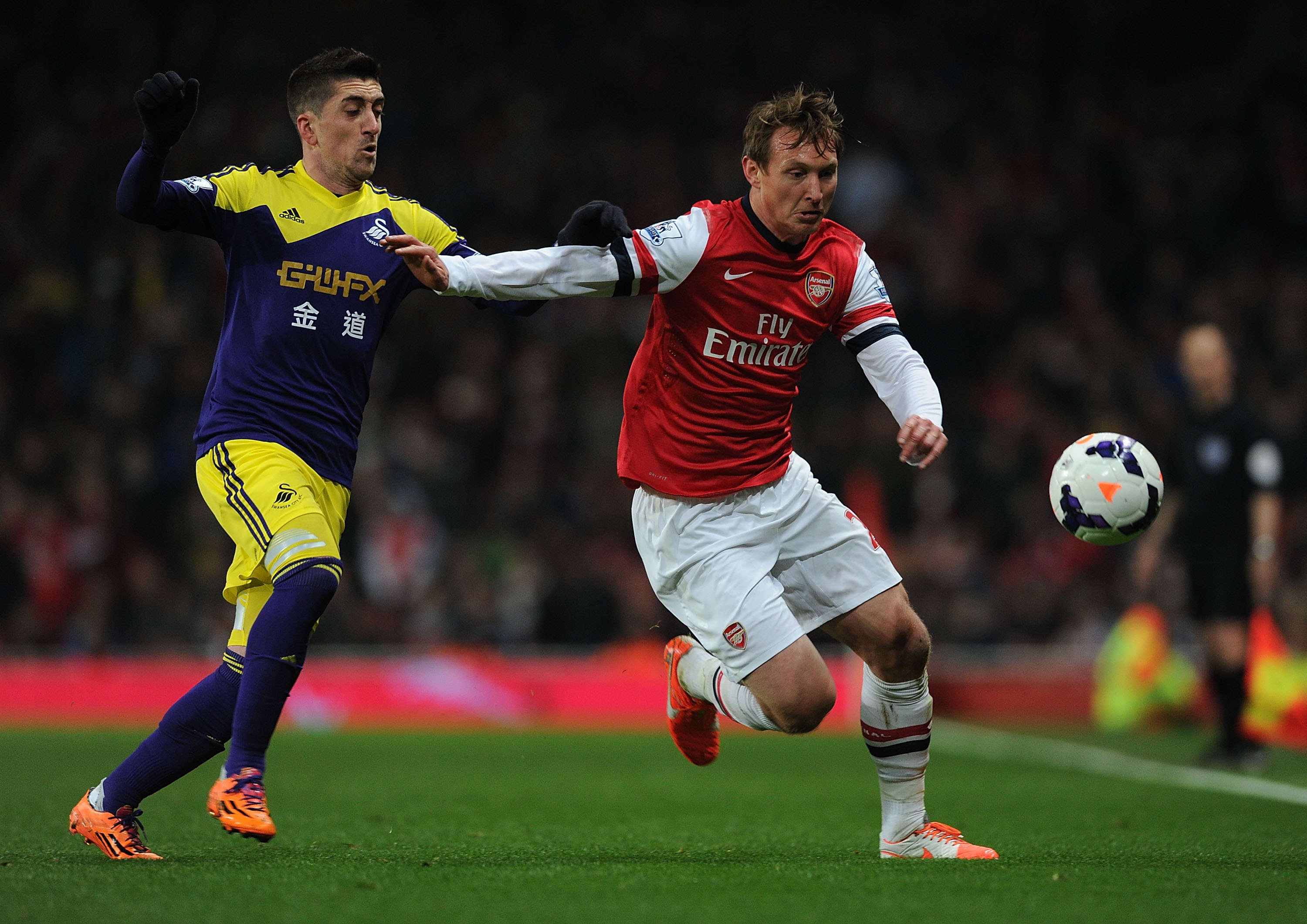
Kim Kallstrom won 131 caps for Sweden in a successful 15-year period between 2001 and 2016, but his club career did not quite live up to expectations.
Loaned to Arsenal from Spartak Moscow in January 2014, a back injury was discovered during his medical and the midfielder was limited to just four appearances. In the last of those, the Swede scored the winning penalty against West Ham to send the Gunners to the FA Cup final, but he was not even in the squad for the final.
23. Hal Robson-Kanu
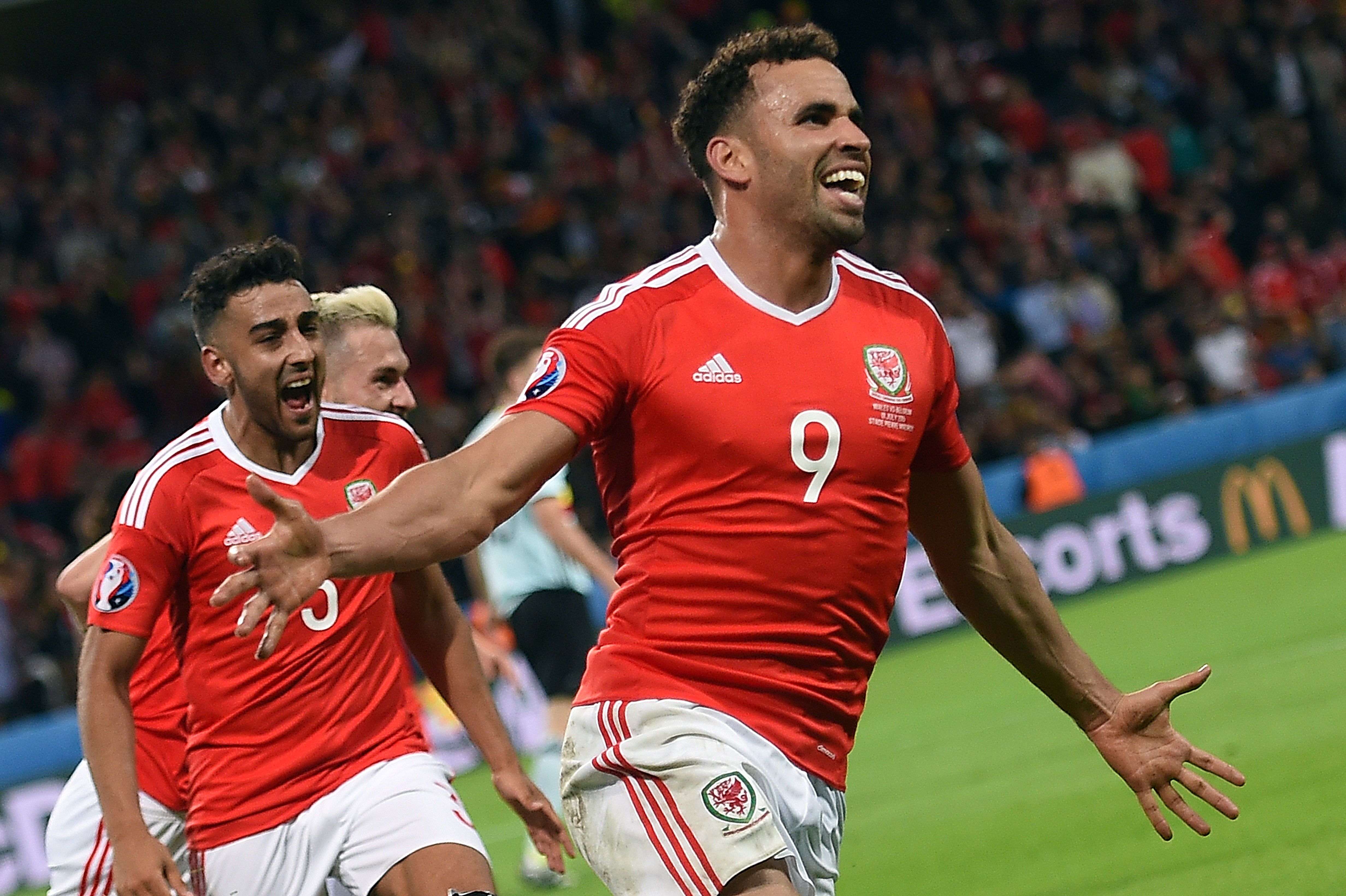
In the quarter-finals of Euro 2016, Hal Robson-Kanu set Wales on their way to victory with an unbelievable goal against Belgium as he sent three defenders the wrong way with a Cruyff turn and then beat Thibaut Courtois with an effort which was nominated by FIFA for the Puskas prize.
Although he scored just five goals in 46 games for Wales, Robson-Kanu was an important player in qualifying and again in the tournament itself with that wonder strike. Before Euro 2016, he had been released by Championship club Reading.
22. Keisuke Honda
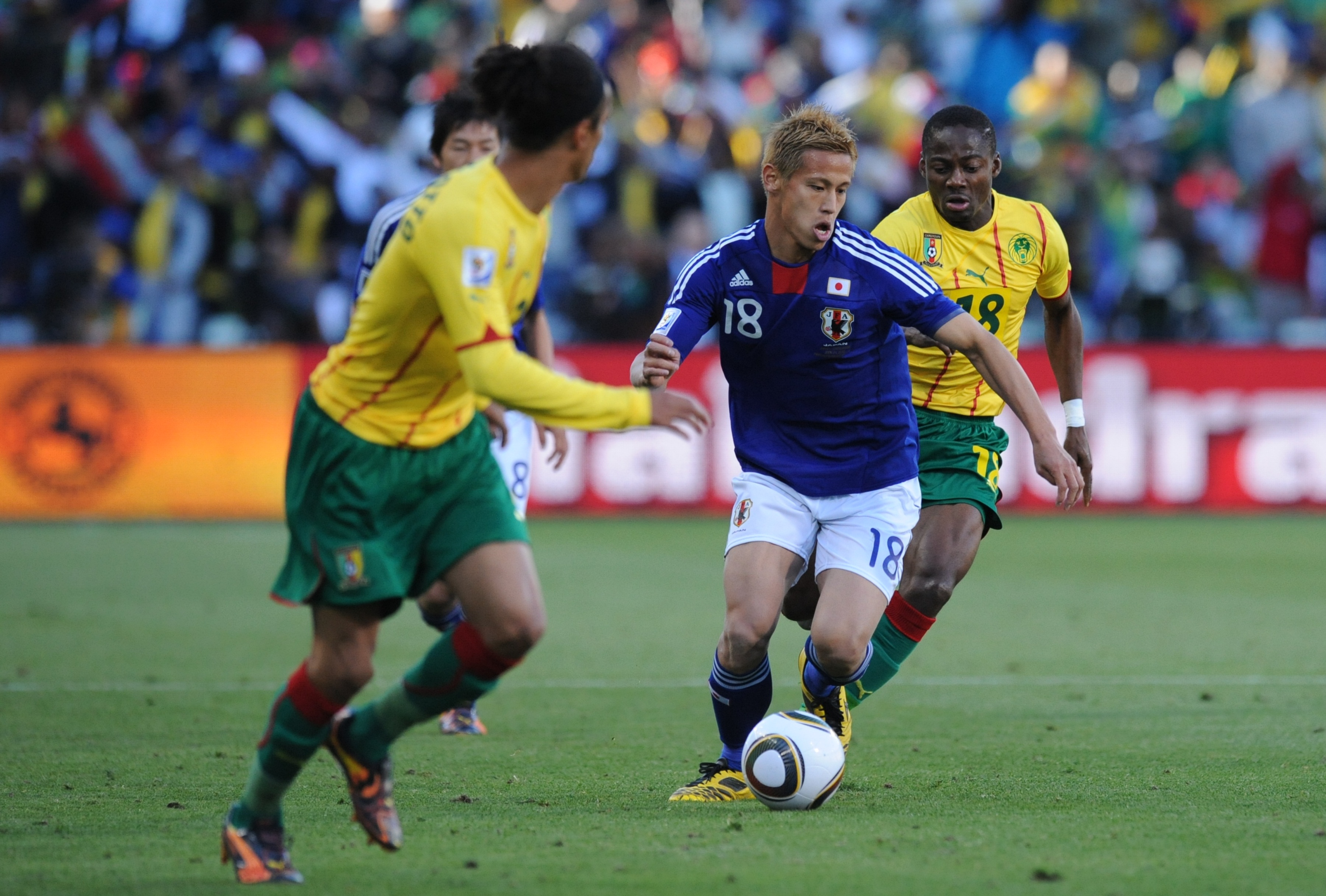
Keisuke Honda always seemed to impress on the big stage for Japan and scored 37 goals in 98 appearances for his national team between 2008 and 2018.
An Asian Cup winner in 2011, Honda also played in three World Cups. At club level, he represented 11 different teams in total – including a struggling AC Milan side between 2014 and 2017.
21. David Healy
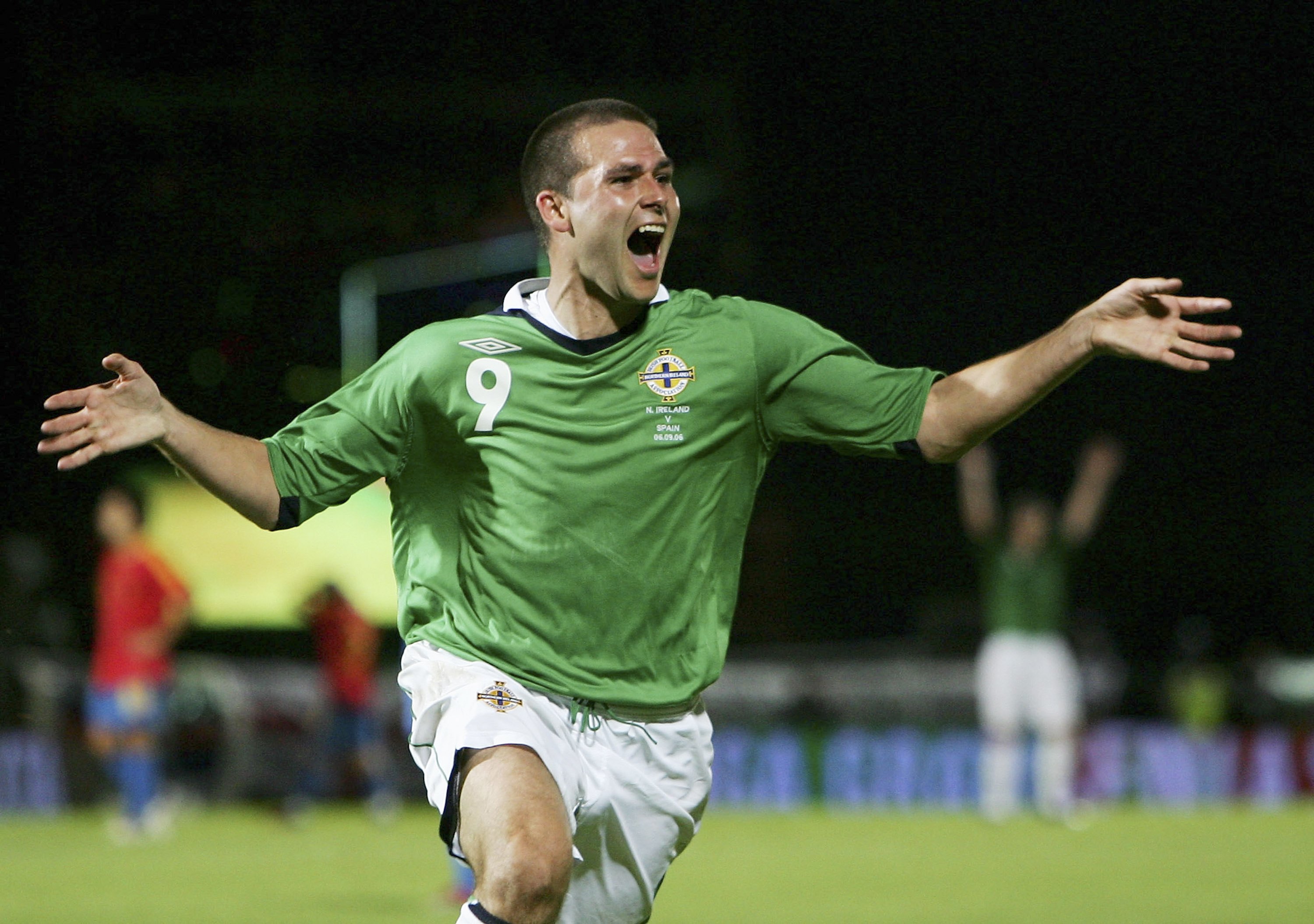
A prolific scorer for Manchester United's youth teams, David Healy made just three appearances for the senior side and spent most of his career in the lower divisions. He did feature for Fulham and Sunderland in the Premier League and also played for Rangers in Scotland later on, but his club career was unremarkable and yielded fewer than 100 goals.
At international level, though, he was a different beast. Healy scored 36 goals in 95 appearances for Northern Ireland and is the team's all-time top scorer. The highlight? A hat-trick in the famous 3-2 win over Spain at Windsor Park in 2006.
20. Landon Donovan
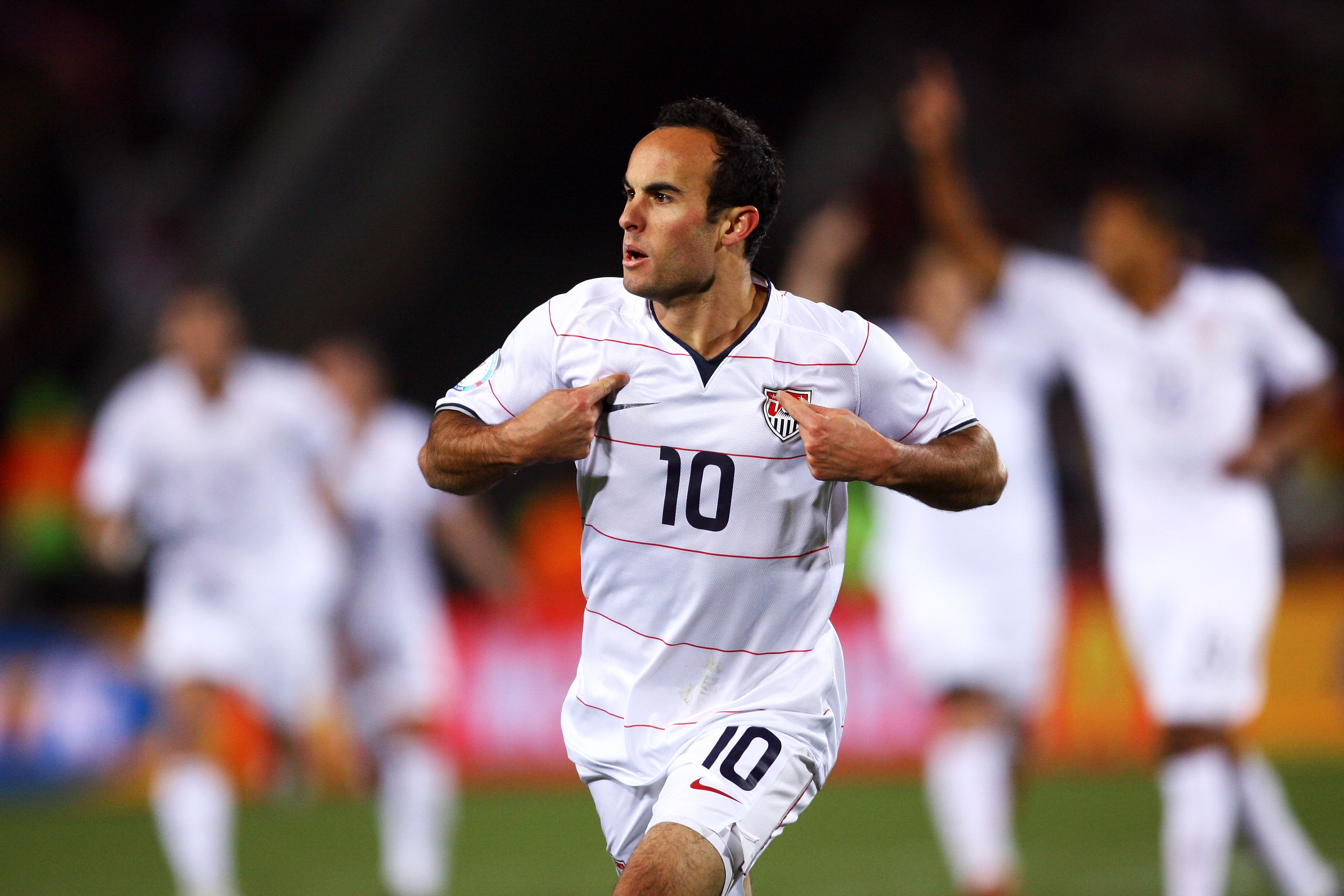
Landon Donovan is joint-top scorer for the United States alongside Clint Dempsey with 57 goals and is considered by many to be the greatest male player the country has ever produced.
Donovan was successful in Major League Soccer with LA Galaxy, but spells in Europe with Bayer Leverkusen, Bayern Munich and Everton were disappointing – with just two goals in 38 games combined for those teams.
19. Sergio Romero
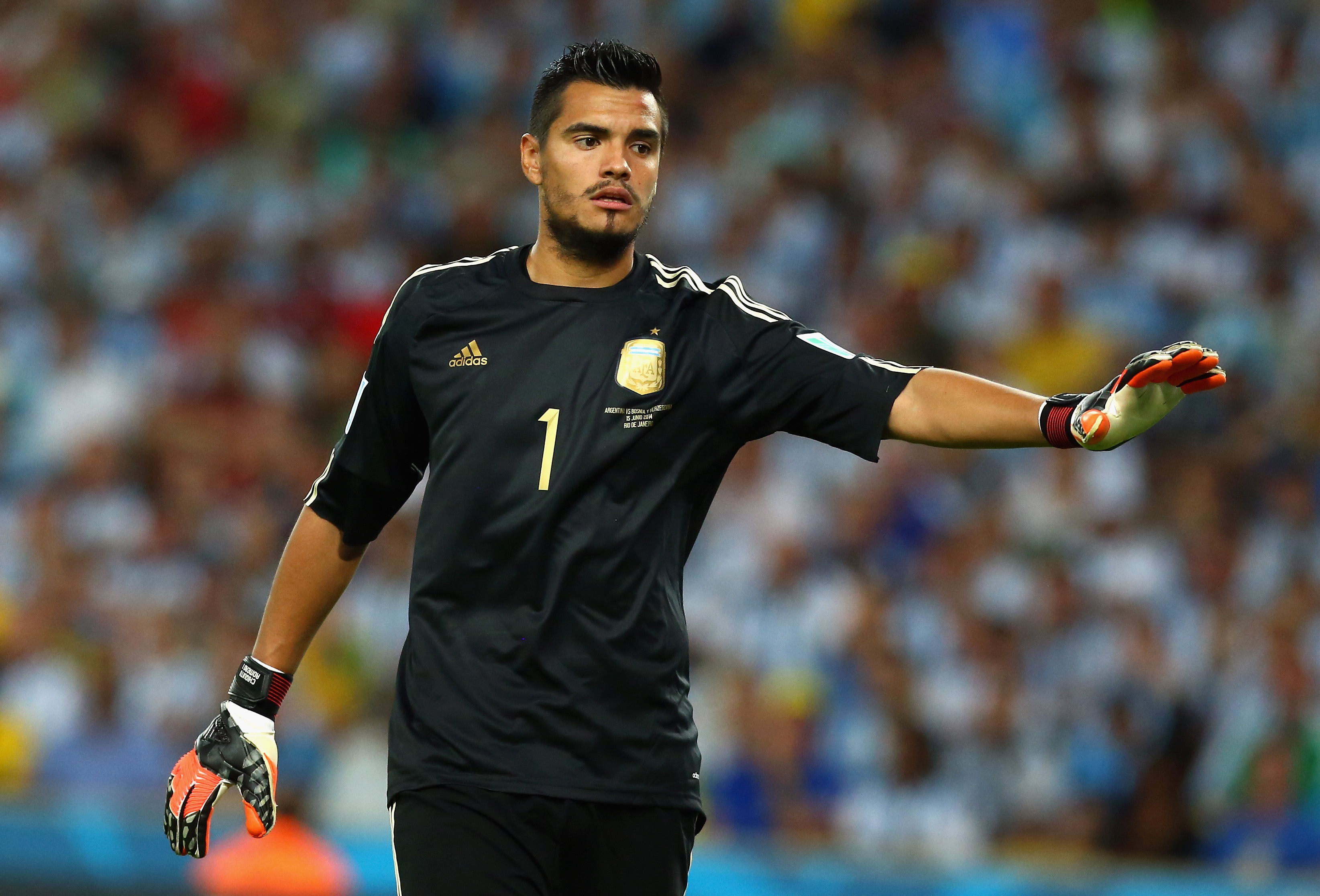
Sergio Romero was Argentina's first-choice goalkeeper for the best part of a decade between 2008 and 2018 and won 96 caps for the Albiceleste in that time.
The goalkeeper's club career definitely did not match his international exploits. After a successful spell at AZ Alkmaar, Romero ended up on the bench at Sampdoria, Monaco and Manchester United. Following a short spell at Venezia, he returned to his homeland with Boca Juniors in 2022.
18. Guillermo Ochoa
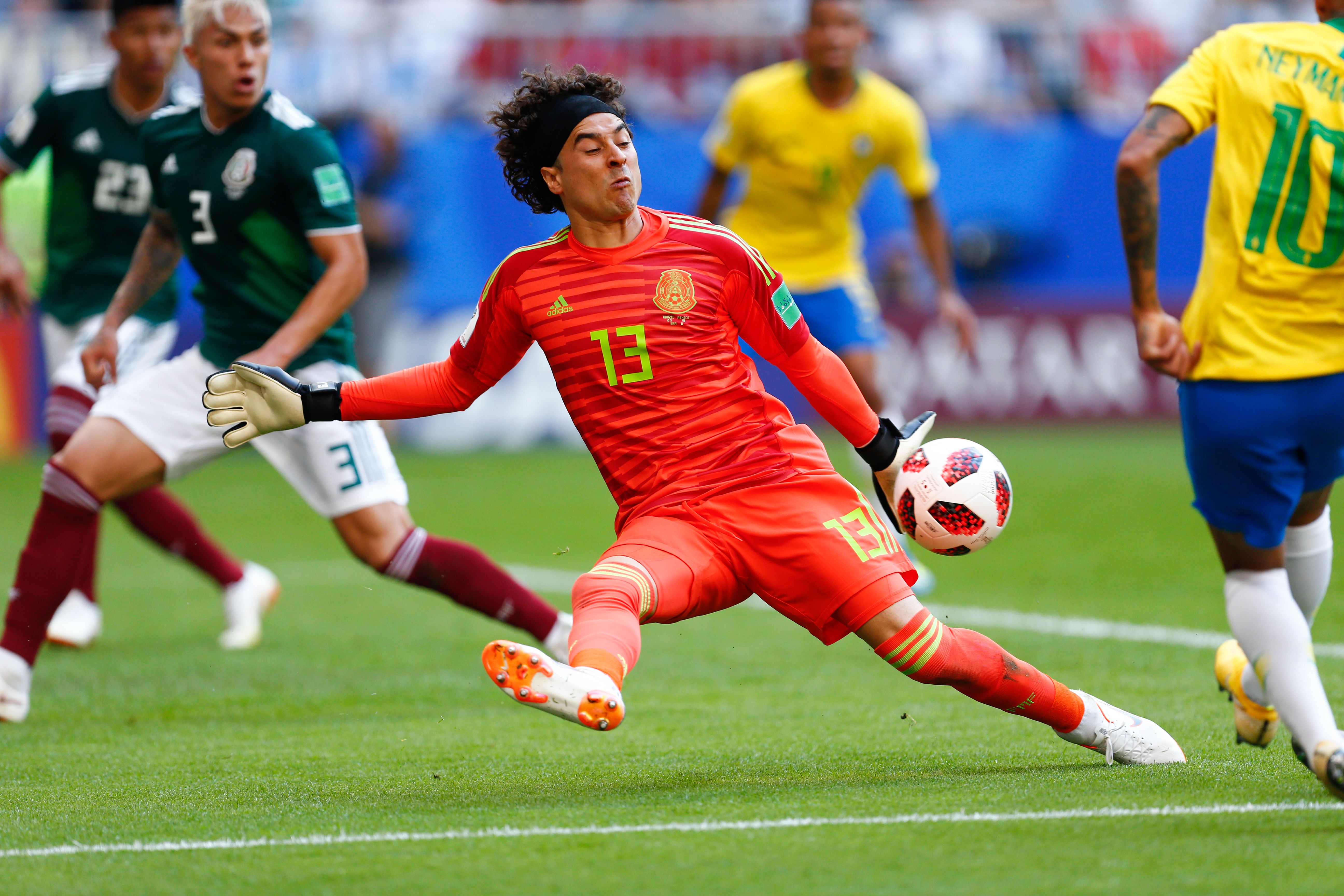
Guillermo Ochoa grabs the world's attention every four years with his headband, his long locks and memorable saves for Mexico at the World Cup.
If you haven't seen him in between, that's because he has played for a number of smaller sides throughout Europe – including Ajaccio, Malaga, Granada and Salernitana. With mixed success.
17. Egidio Arevalo Rios
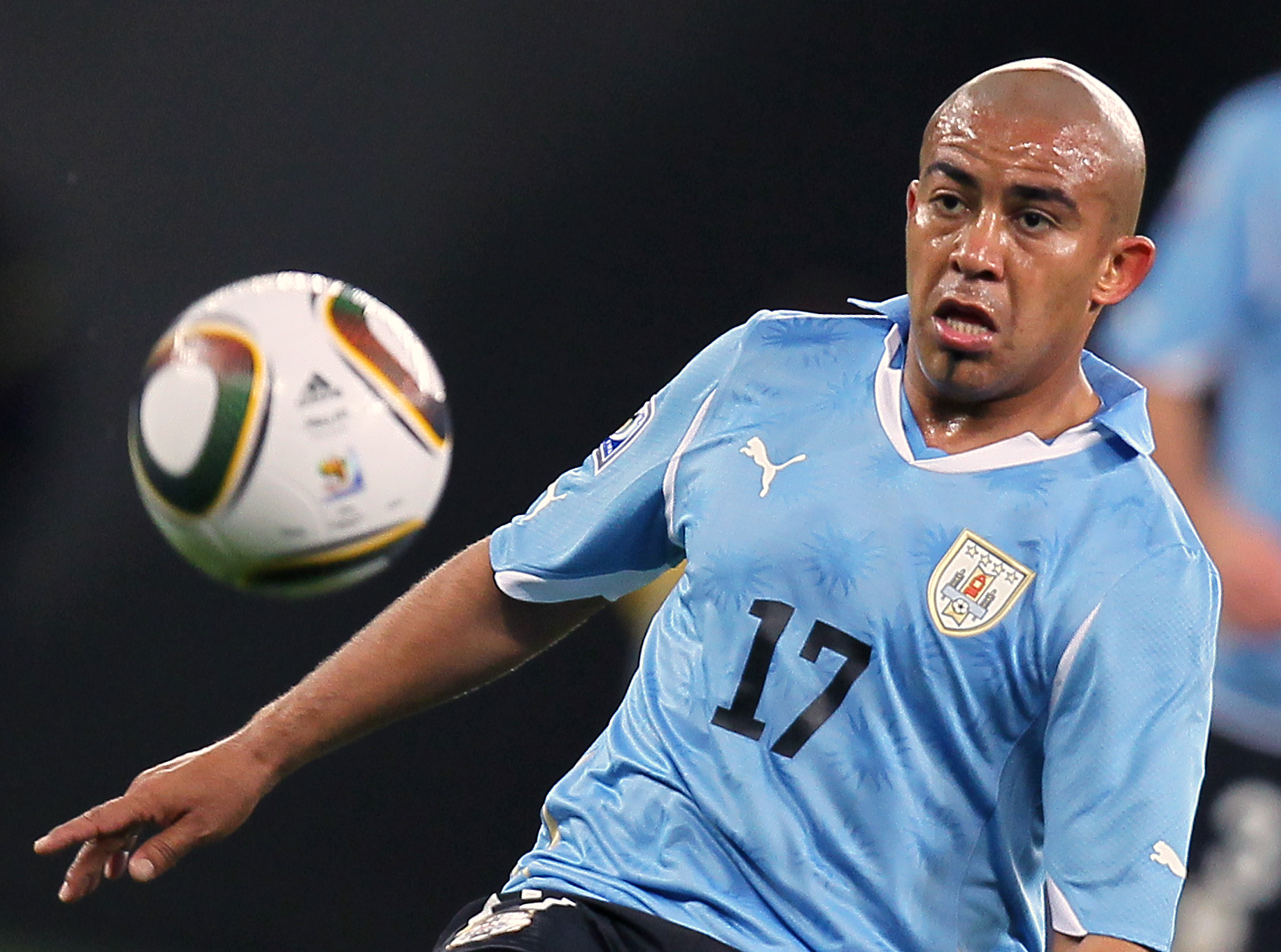
A workhorse in midfield for Uruguay, Egidio Arevalo Rios was a fixture for the Celeste between 2006 and 2017, winning 90 caps in that time.
In a much-travelled club career, he played in Uruguay, Argentina, Brazil, Guatemala, Paraguay, Peru and the United States, but never really settled at any of his teams and had only a brief spell in Europe with Palermo.
16. Asamoah Gyan
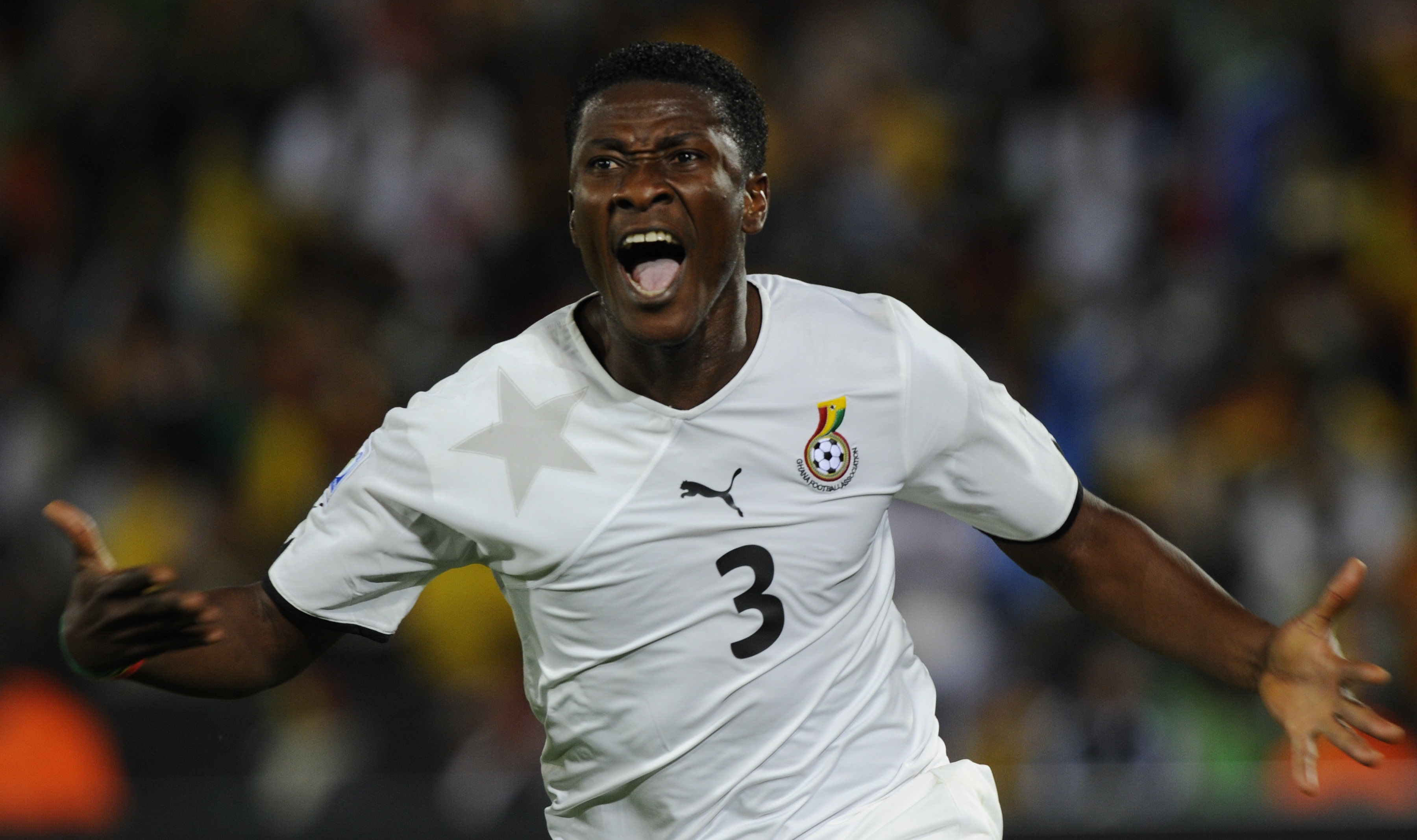
One of Ghana's greats, Asamoah is the Black Stars' all-time top scorer with 51 goals from his 109 appearances between 2003 and 2019.
While he is remembered for missing that penalty against Uruguay at the 2010 World Cup, he also scored three times in the tournament and was on target against Portugal and Germany in 2014. Spells at Udinese, Rennes and Sunderland brought little reward at club level, though, and he saw out his career away from the spotlight in the UAE, China, Turkey, India and finally back in Ghana.
15. Ali Daei
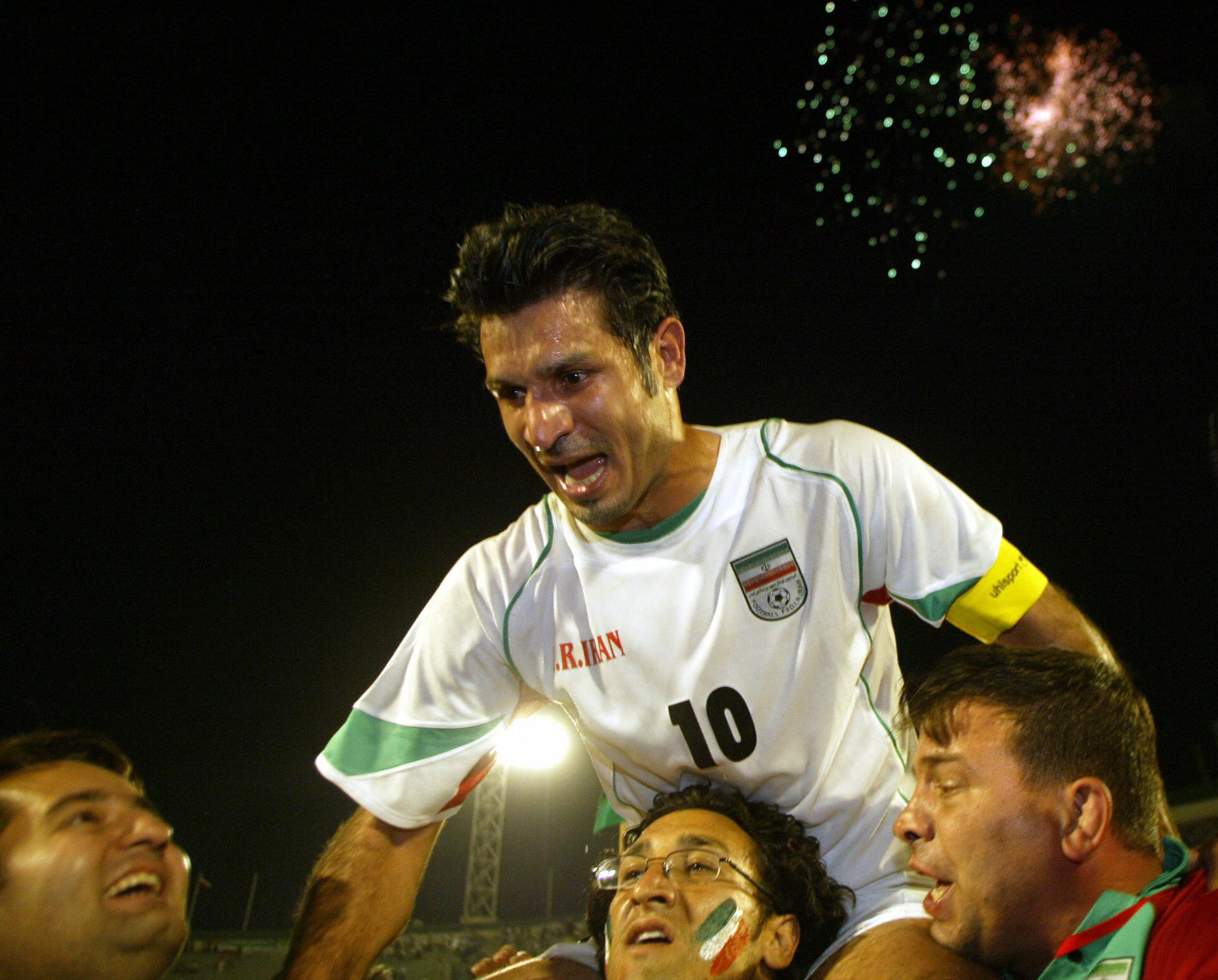
If you've heard of Ali Daei, it's likely because he was the first footballer to net 100 international goals and was the leading scorer of all time until he was overtaken by Cristiano Ronaldo.
In a long club career, the Iran striker only scored 15 more goals than he had in his entire international career and his best return in six years in Germany – including one at Bayern Munich – was seven in a season.
14. Stern John
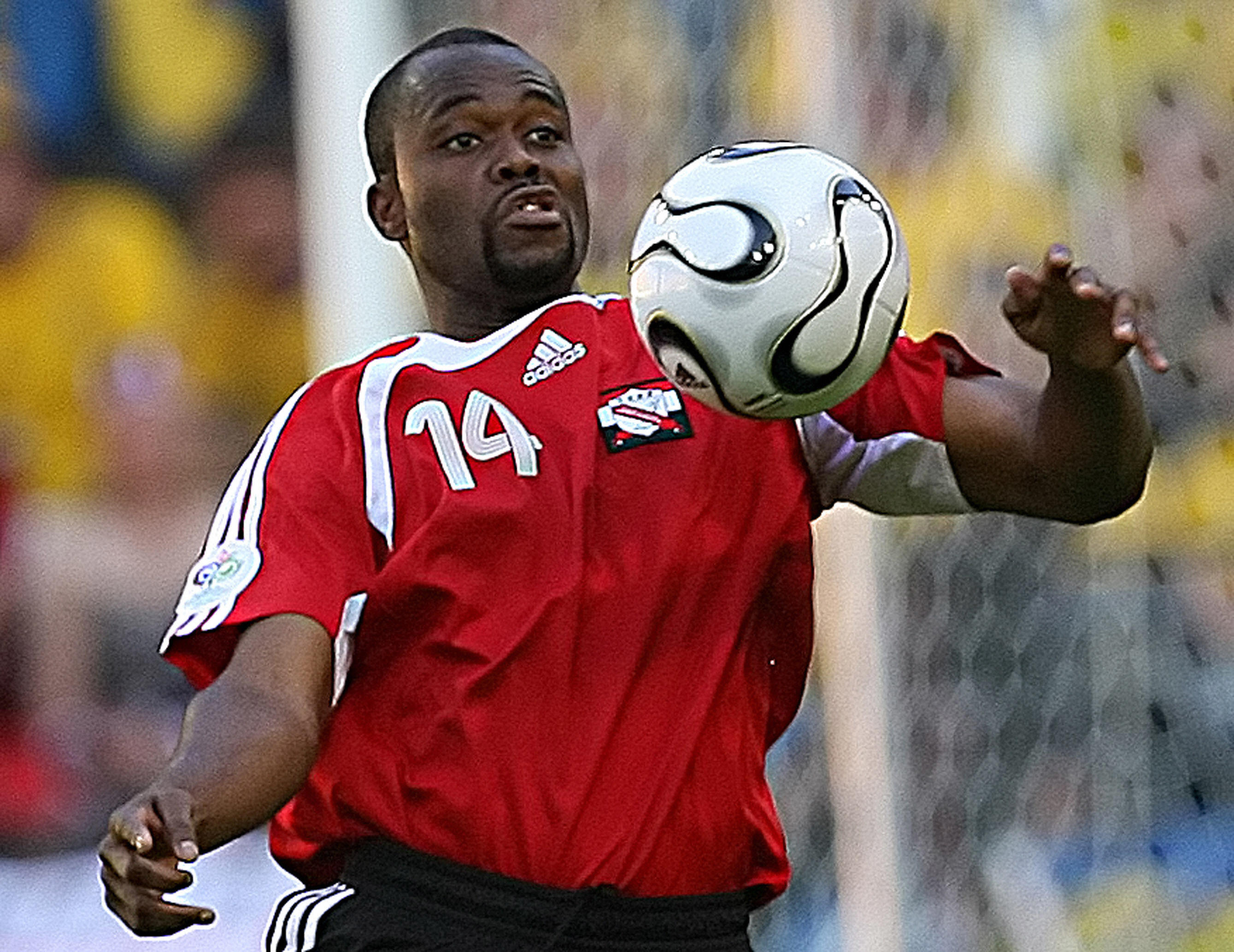
Regarded as something of a journeyman, Stern John played with limited success for a series of English clubs in the 2000s – including Nottingham Forest, Birmingham, Coventry, Derby, Sunderland, Southampton and Crystal Palace.
At international level, he was a different proposition altogether, scoring 70 goals in 115 games for Trinidad and Tobago and helping the Caribbean nation qualify for the 2006 World Cup. Yes, some of the opposition may have been weaker, but those numbers are very impressive indeed.
13. Anders Svensson
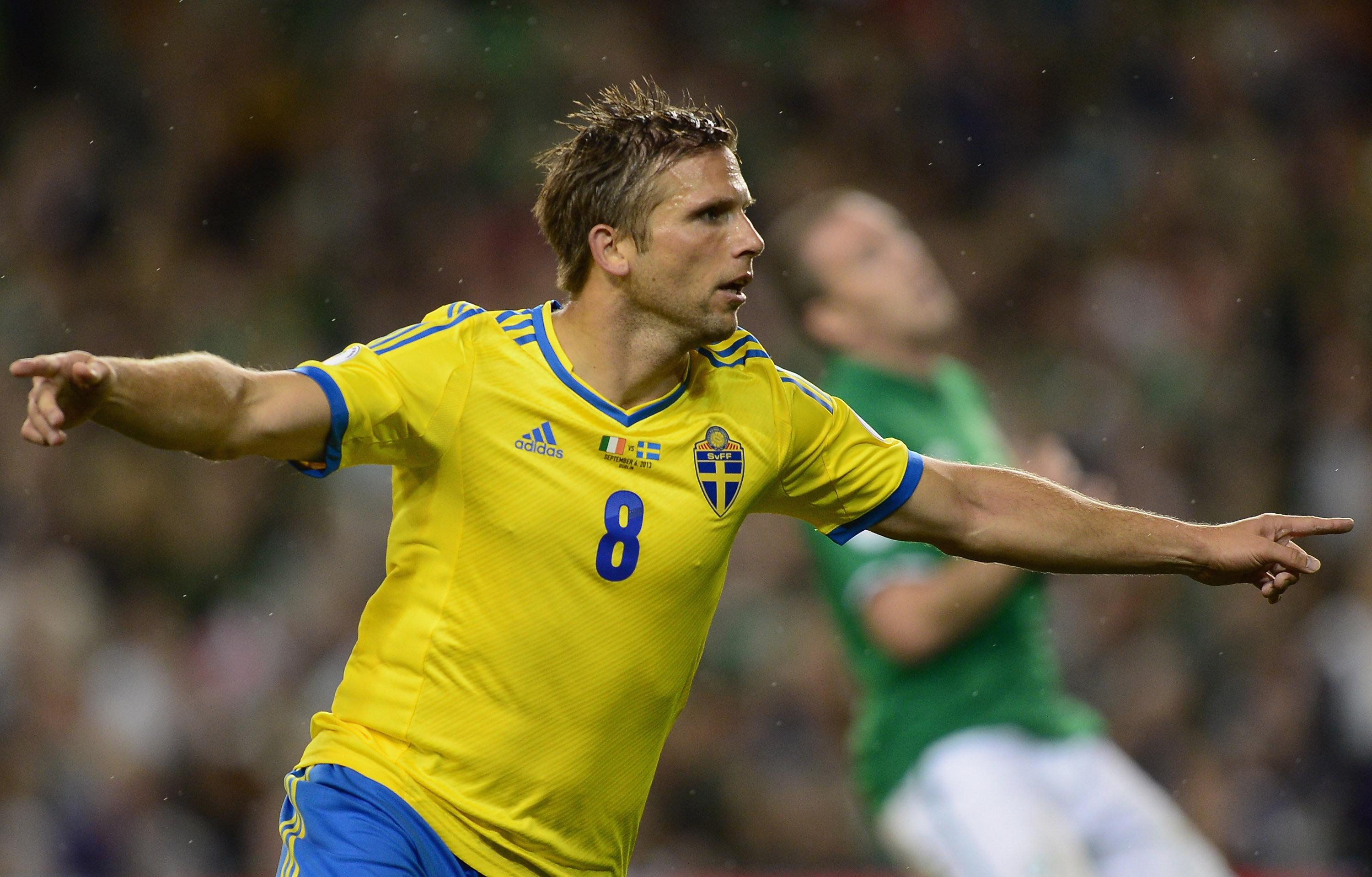
Anders Svensson is Sweden's most capped player of all time, with 148 appearances for the Scandinavians and 21 goals – including a memorable free-kick which helped eliminate Argentina in the group stages of the 2002 World Cup.
Most of his club career was spent at IF Elfsborg in his homeland, with a four-year spell at Southampton in the middle. Underwhelming.
12. Harry Maguire
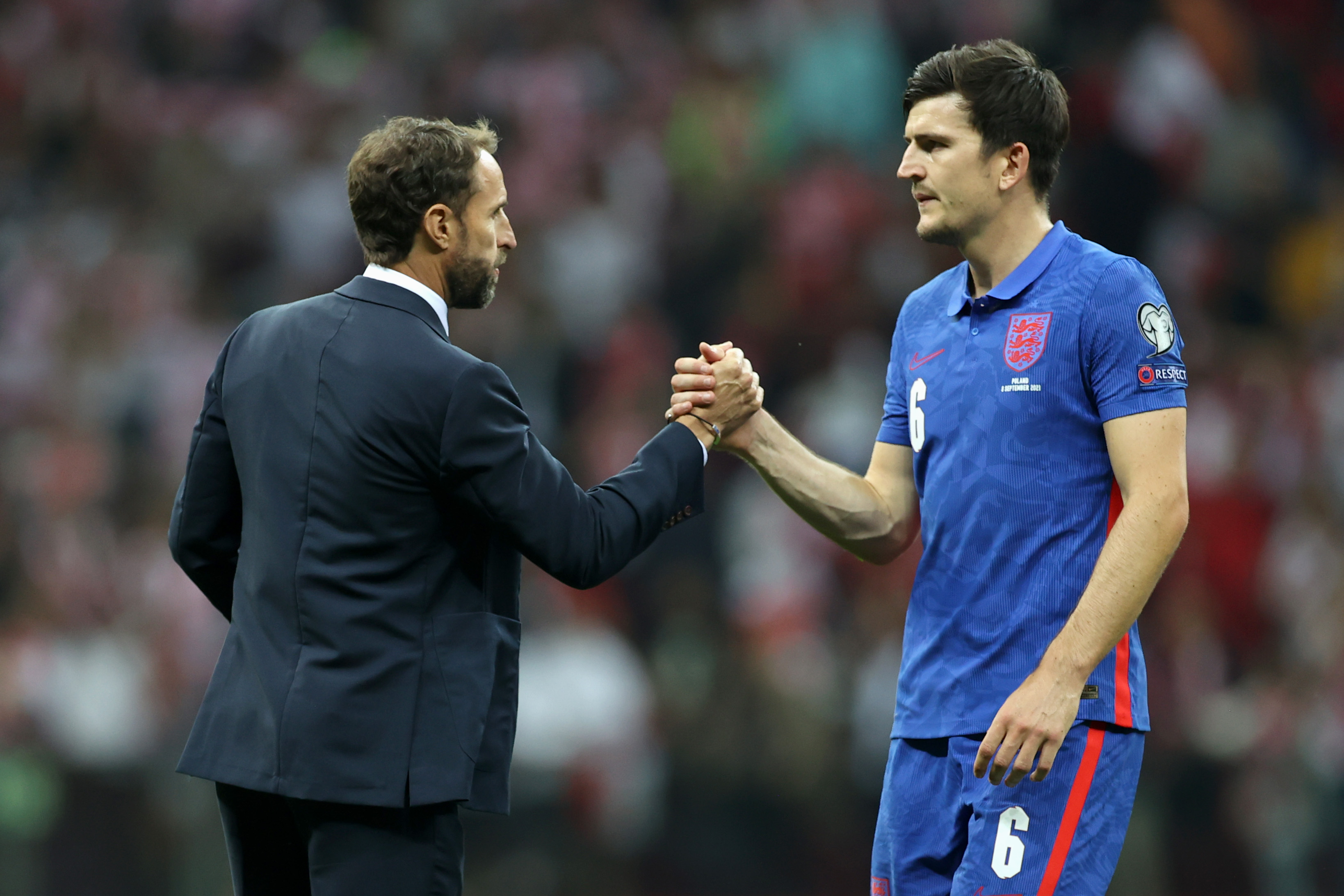
A much-maligned figure latterly at Manchester United, Harry Maguire was targeted for online abuse and made a scapegoat for the team's troubles.
But even while he was not playing for United, the former Leicester City defender remained an important player for England under Gareth Southgate and a reliable one at that.
11. Karel Poborsky

Karel Poborsky was one of the best players at Euro 96 and scored a wonderful winner for the Czech Republic against Portugal in the quarter-finals.
The Czechs finished as runners-up to Germany and Poborsky was in high demand. He moved to Manchester United, but was inconsistent in a short spell at Old Trafford and didn't do much better at Benfica or Lazio. The winger remained important for the Czechs, though, going on to impress again at Euro 2004 and winning over 100 caps for his country.
10. Aljosa Asanovic
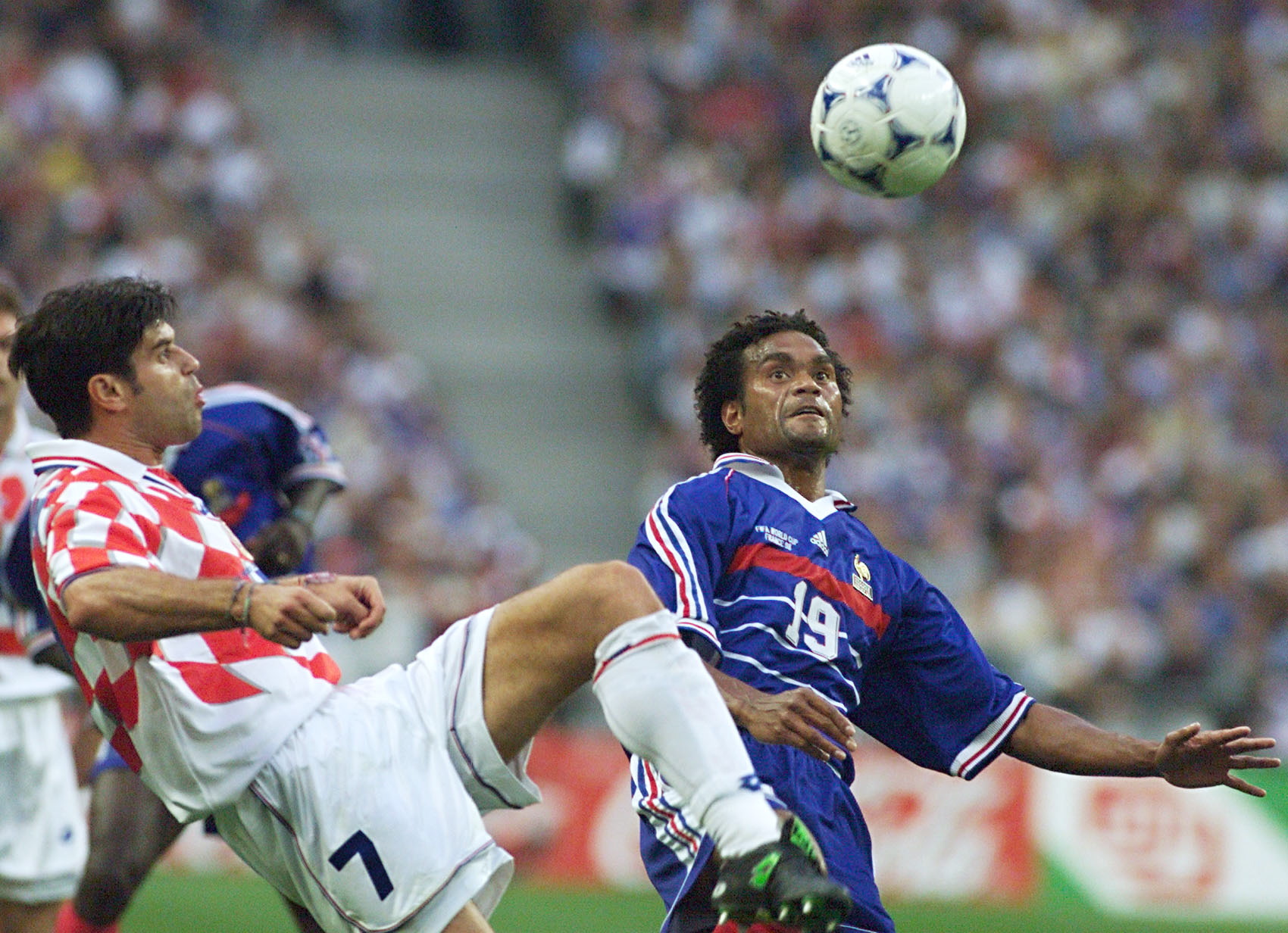
Aljosa Asanovic played for Croatia for 10 years and was one of his team's best players en route to a third-placed finish at France 98.
That might have surprised some of the midfielder's club sides. In 1997, Asanovic had left Derby County because he was not seeing enough football. He also played for the likes of Montpellier, Metz, Napoli and Panathinaikos with minimal success, yet is considered one of his country's best ever. Bizarre.
9. Angelos Charisteas
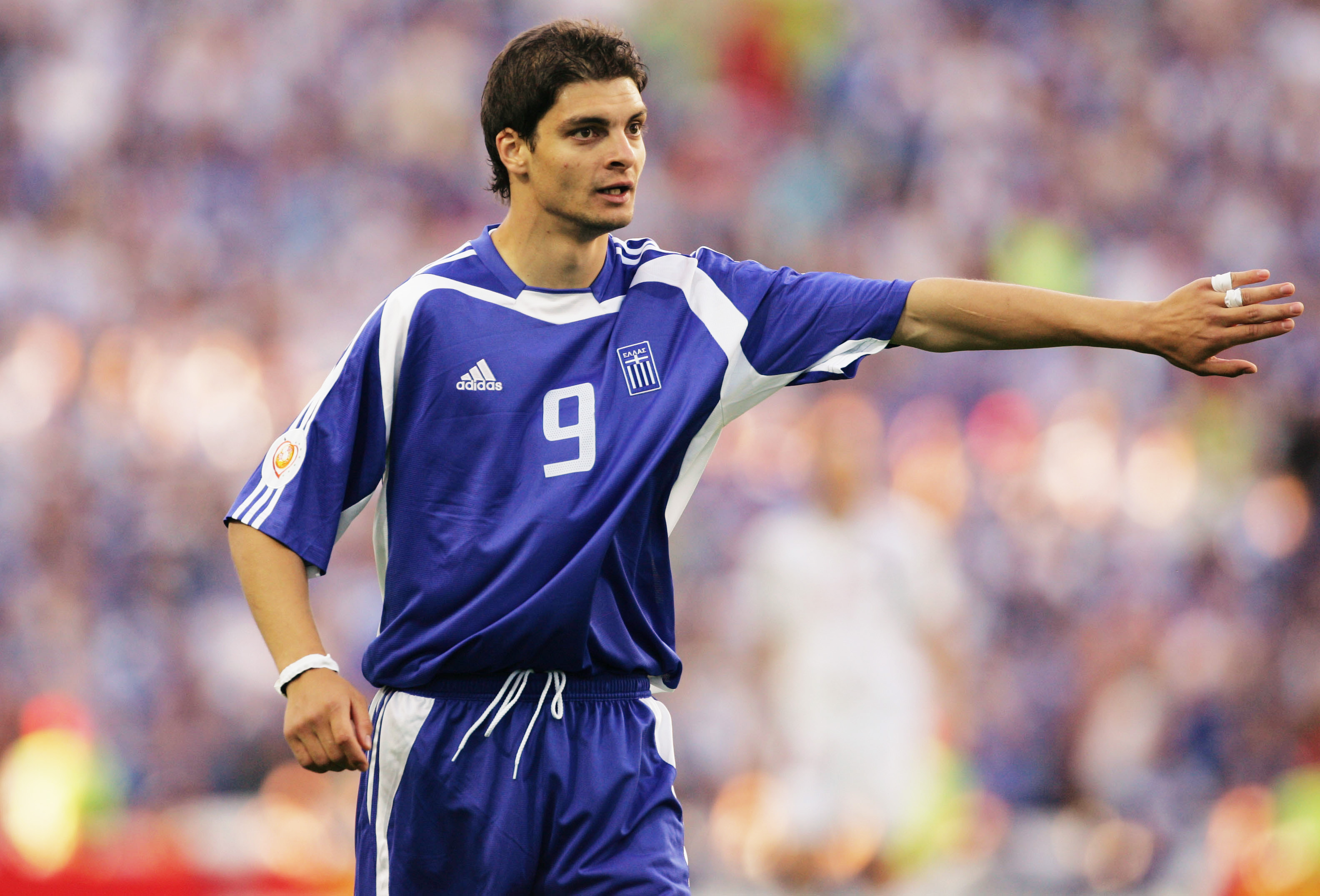
Angelos Charisteas famously scored Greece's winner against Portugal in the final of Euro 2004 and will be guaranteed legend status for life in his homeland.
The striker scored 25 goals in 88 games for Greece across 10 years, but his club career was much more disappointing. His best return in a league season was nine at Werder Bremen and later at Feyenoord, while spells at Ajax, Nuremberg, Bayer Leverkusen and Schalke brought only a handful of goals.
8. Fabio Grosso

Fabio Grosso scored one of the most famous goals in Italy's history as he fired the Azzurri ahead against Germany late in extra time in the teams' 2006 World Cup semi-final. Five days later, he hit the winning penalty to give Italy the trophy with victory over France.
The left-back's club career didn't live up to all that. He did have a successful spell at Lyon in Ligue 1, winning a league and cup double in 2008. He also won Serie A titles at Inter and Juventus, but was mostly a substitute for the Nerazzurri and played only twice for the Biaconceri in that Scudetto season.
7. Eduardo Vargas
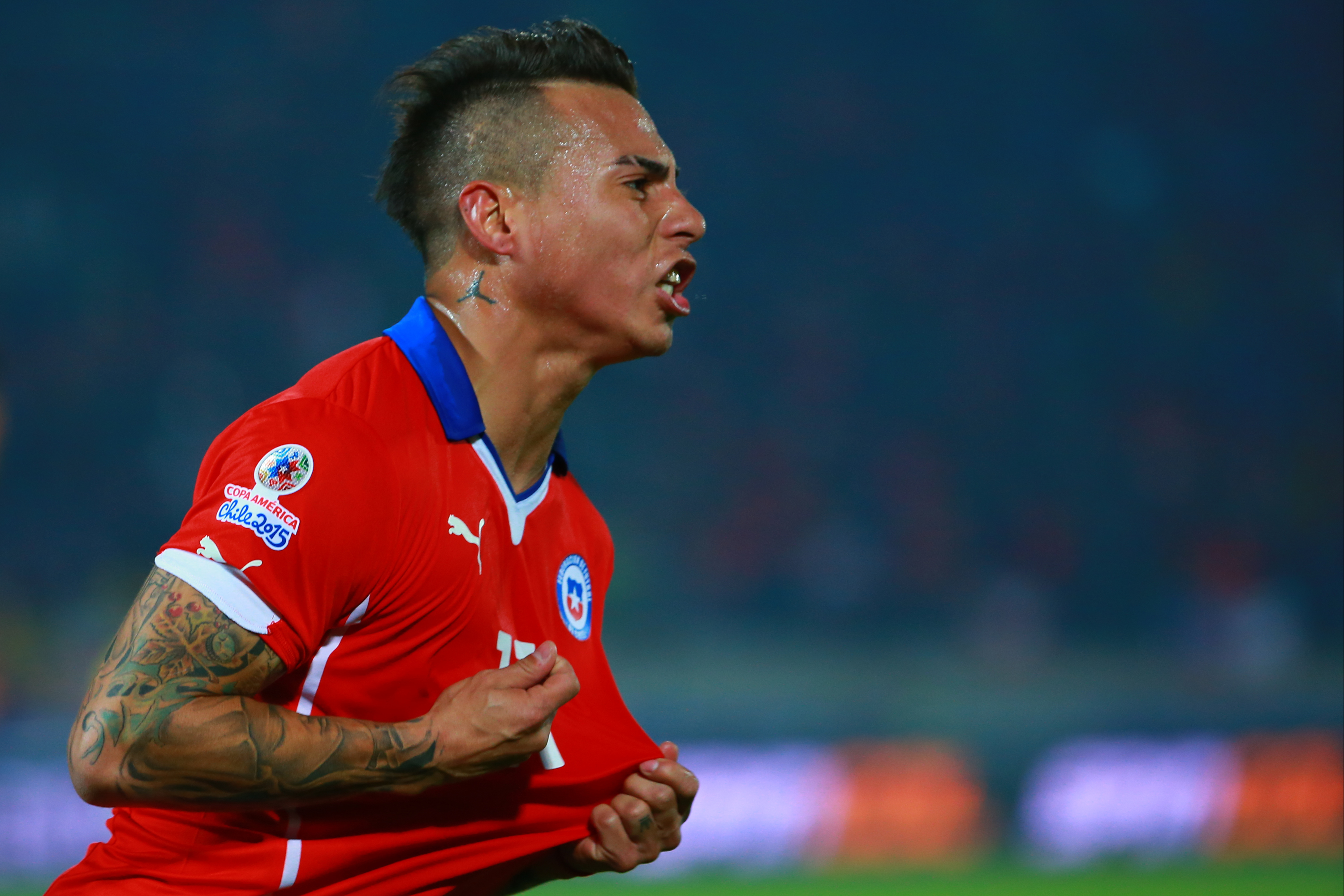
Top scorer as Chile won the Copa America in both 2015 and 2016, their first ever international trophies in football, Eduardo Vargas is an idol in his homeland.
Outside of Chile, not so much. Spells at Napoli, Valencia and QPR brought a grand total of 11 goals in 75 games and after just two in 30 appearances at Hoffenheim, it is fair to say the forward's club career has been pretty disappointing.
6. Lukas Podolski
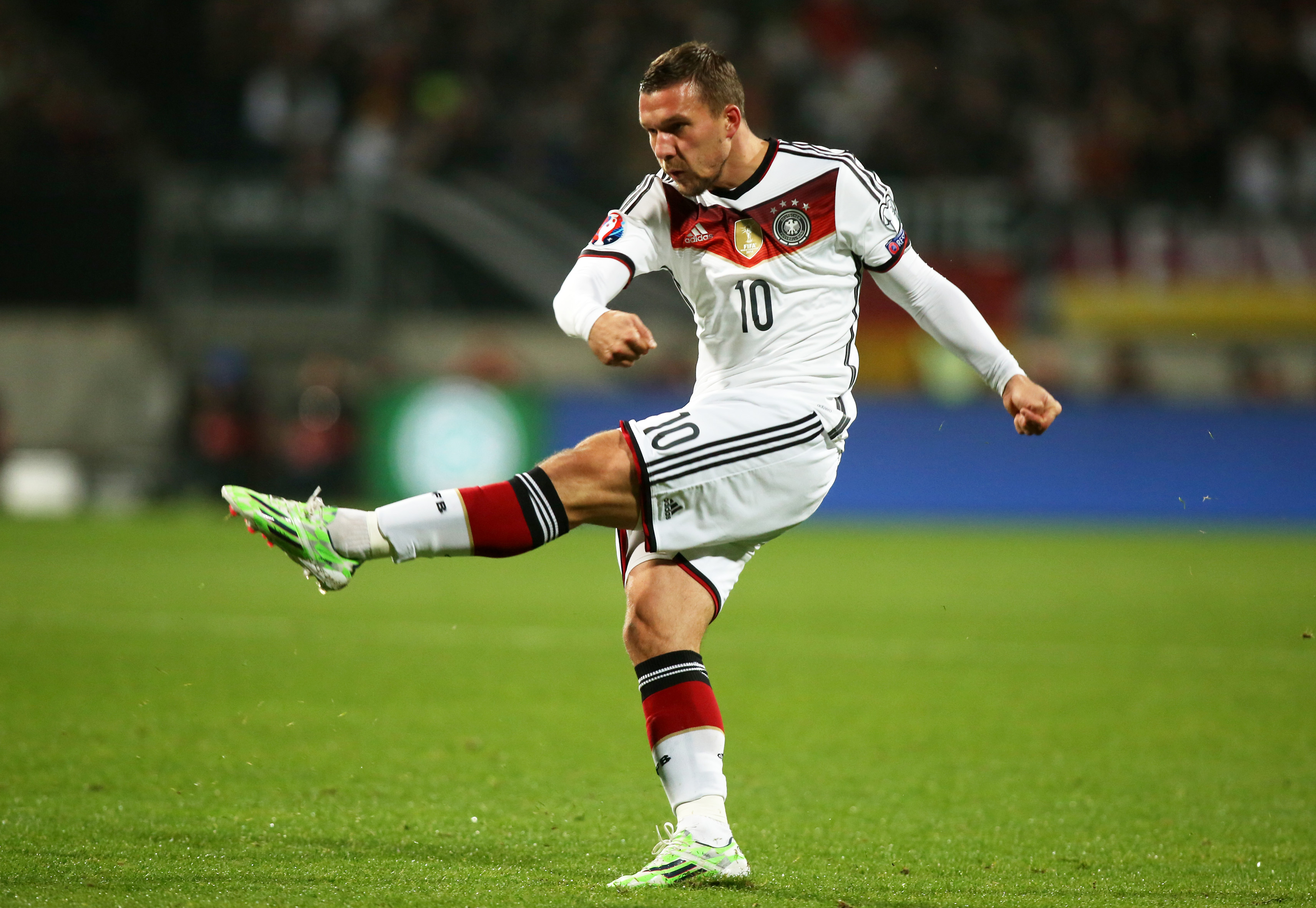
Lukas Podolski won 130 caps for Germany and scored 49 goals. He is an all-time great for his country and was a World Cup winner in 2014 – although he did not feature beyond the group stages in Brazil.
Poldi's club career is less spectacular. He did well enough at Bayern Munich and Arsenal, but his most memorable time came at FC Koln where he started out and then returned for a second spell later in his career.
5. Joan Capdevila
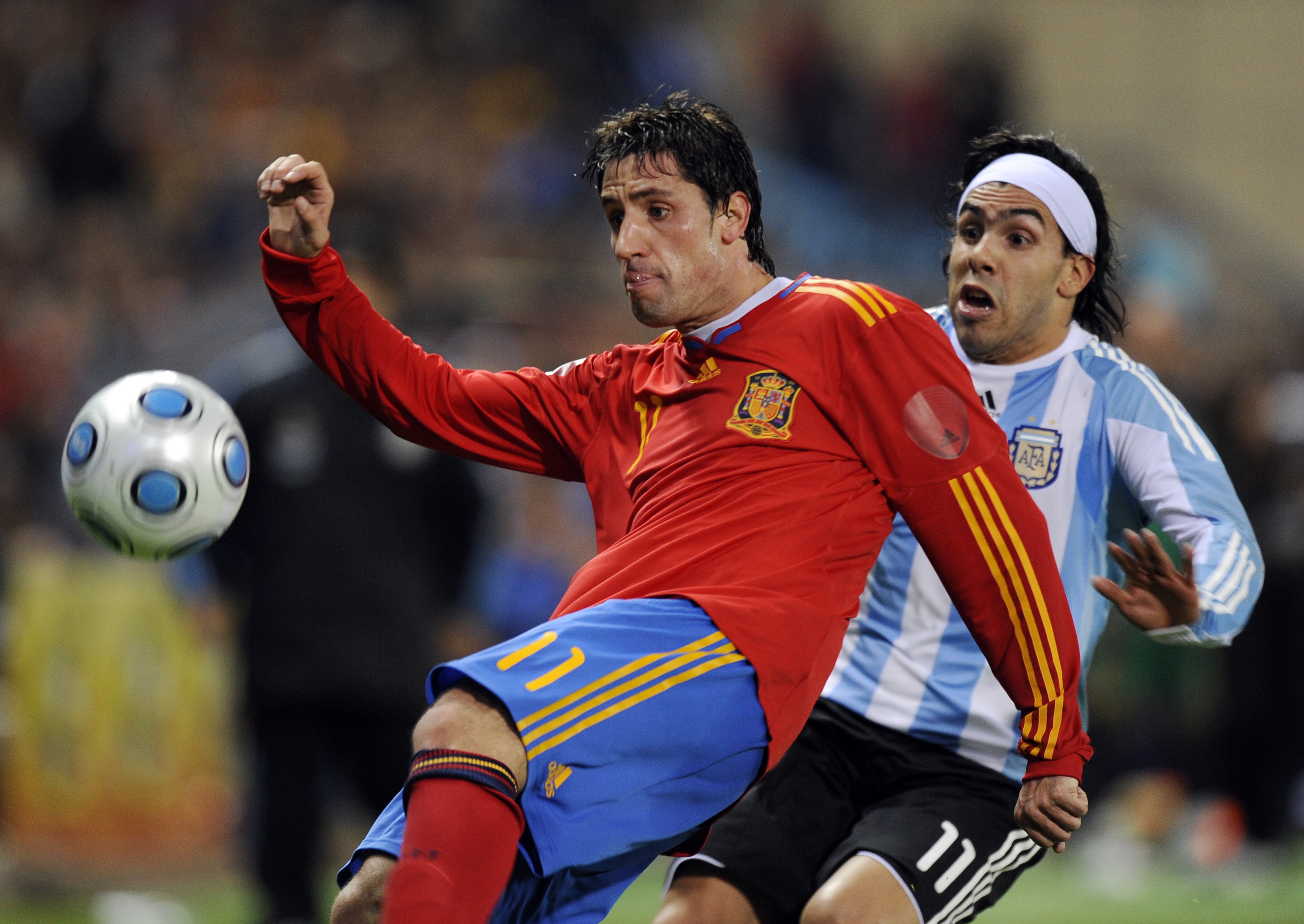
Before the emergence of Jordi Alba, Spain's first-choice left-back – and the starter in their 2008 European Championship and 2010 World Cup triumphs – was Joan Capdevila.
The Catalan was a decent player at club level too, but long spells at Deportivo La Coruña and Villarreal were the highlights of a comparatively unremarkable domestic career.
4. Claudio Caniggia
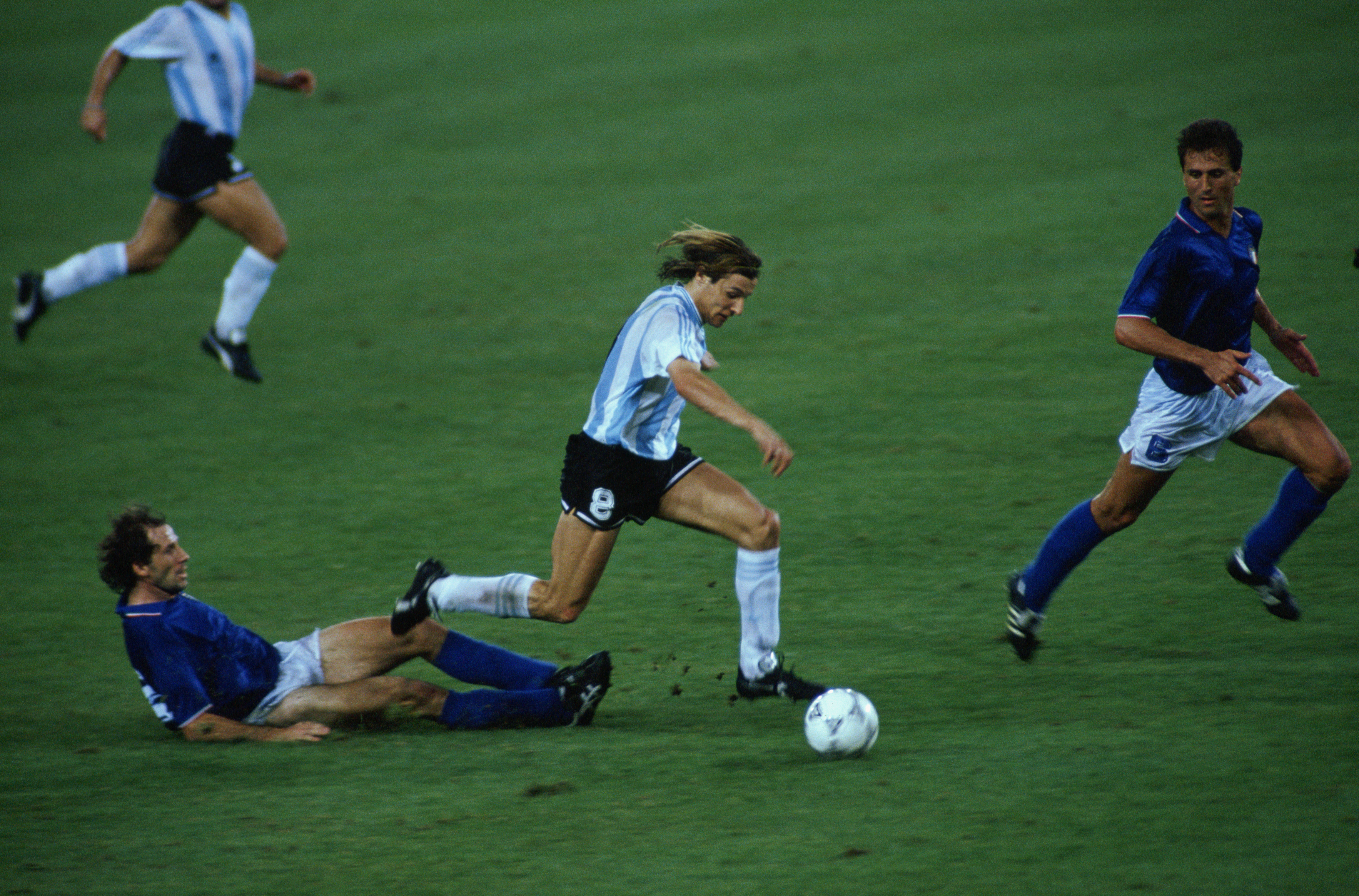
One of Argentina's best players at the 1990 World Cup, Claudio Caniggia linked up effectively with Diego Maradona and was instrumental as Carlos Bilardo's side made it to a second successive final. The forward was important again as Argentina won the Copa America in 1991 and also featured in the 1994 World Cup, winning 50 caps overall and scoring 16 goals.
His club career never quite matched those achievements, with trophies at River Plate won before he had broken into the team and his spell in Italy blighted by a ban for cocaine use. In his latter years, he won trophies with Rangers in Scotland and a Qatar Cup with Qatar SC.
3. Pierre Littbarski
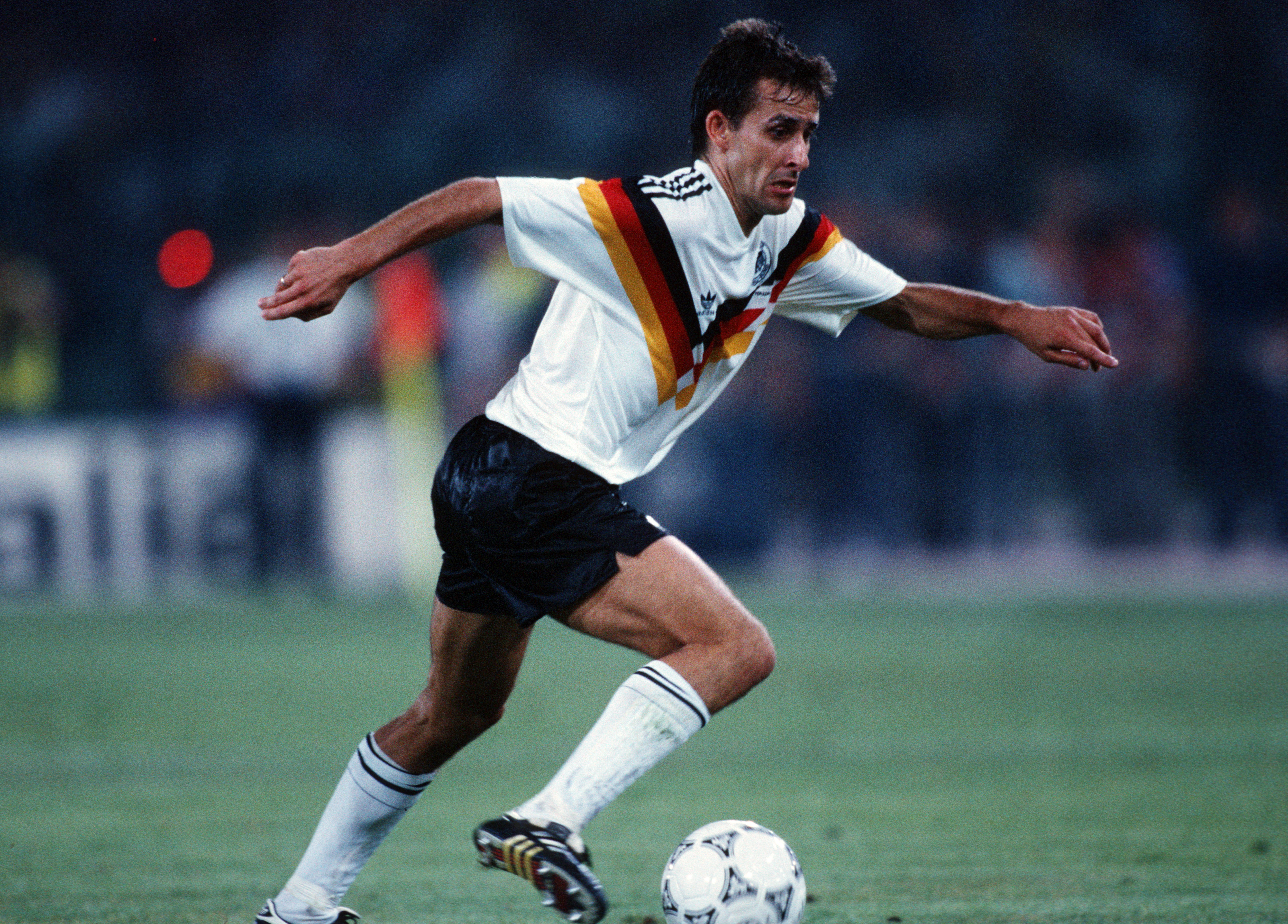
Pierre Littbarski won 73 caps and scored 18 goals for West Germany in a nine-year international career, featuring prominently in the squads which reached the World Cup final in 1982, 1986 and 1990.
Finally a winner in the last of those, the winger spent most of his career at FC Koln in two long spells either side of a two-year stint at RCF Paris. He won one German Cup and was a UEFA Cup runner-up in Cologne, before finishing his career in Japan.
2. Dunga
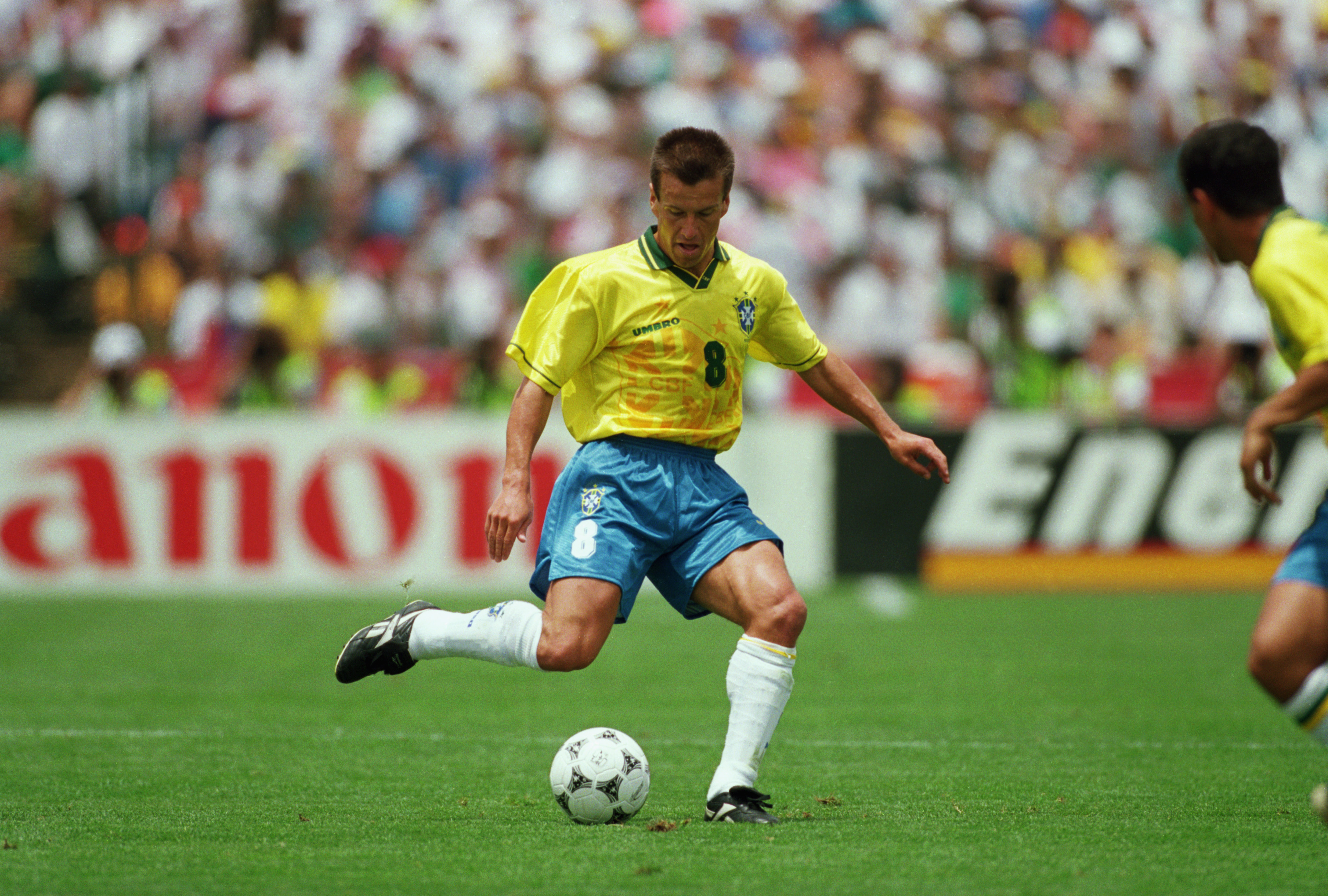
Dunga appeared in two World Cup finals for Brazil, winning one, and was also part of two Copa America triumphs for the Seleção in 91 caps overall.
The ideal foil for the more talented players around him, such as Romario and Bebeto in 1994 and Rivaldo, Ronaldinho and Ronaldo in 1998, the defensive midfielder was an inspirational captain. He played for Fiorentina and Pescara in Italy and won a J-League title with Jubilo Iwata, but his club career was unremarkable compared to his international achievements.
1. Miroslav Klose
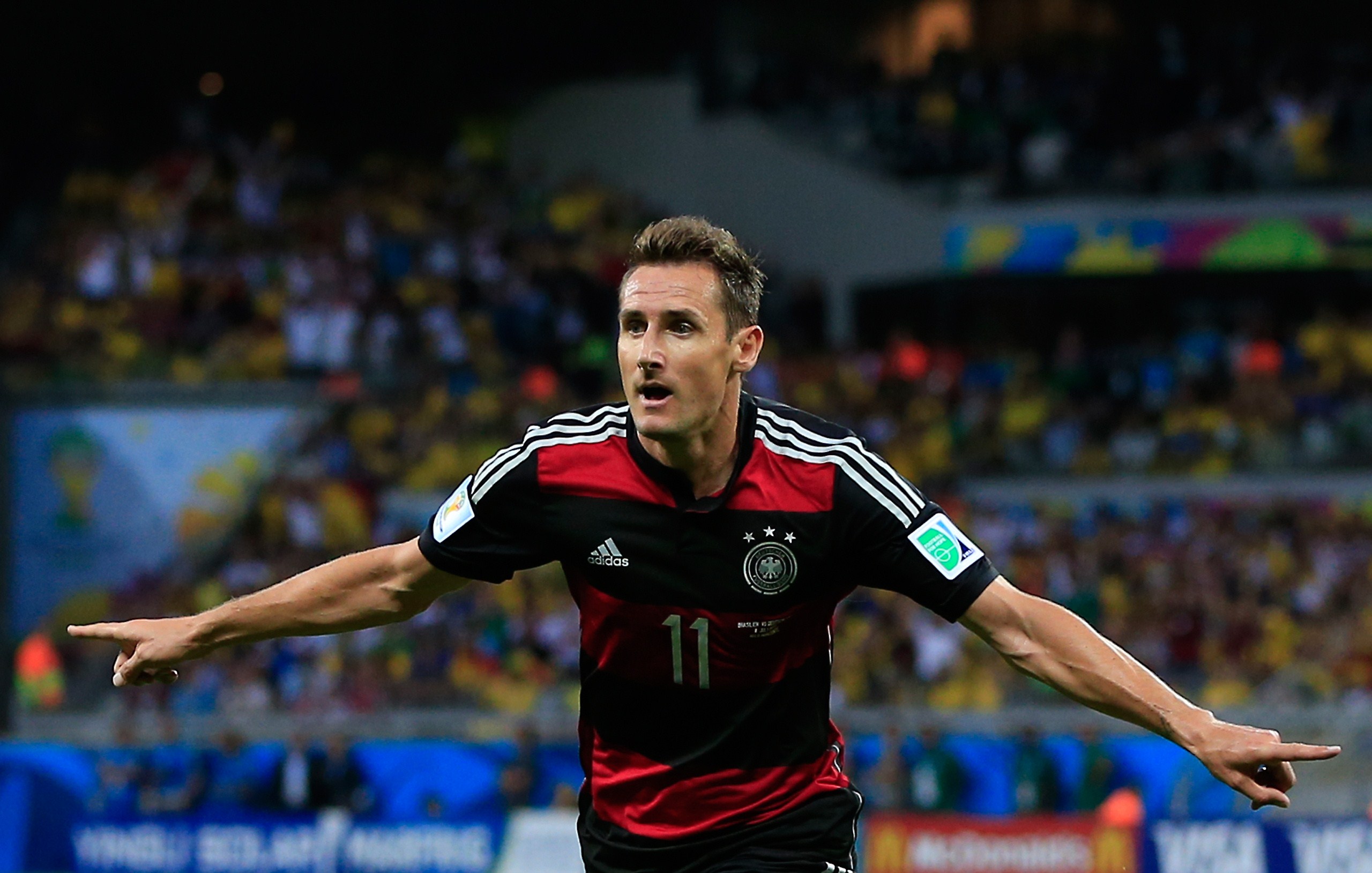
One of only a few players to score at four World Cups, Miroslav Klose's record of 16 goals in the tournament is a record and the legendary striker helped Germany win the trophy before retiring from international football 2014. By that point, he had overtaken the great Gerd Muller to become the nation's all time top scorer, with 71 goals in 137 games.
And although he scored 258 goals overall in 667 games in his club career, he was nowhere near as prolific, only once netting 20 or more goals in a league campaign – for Kaiserslautern in 2005/06. He did win silverware at Bayern Munich, but averaged only around a goal every three games for the Bavarian club across four seasons.
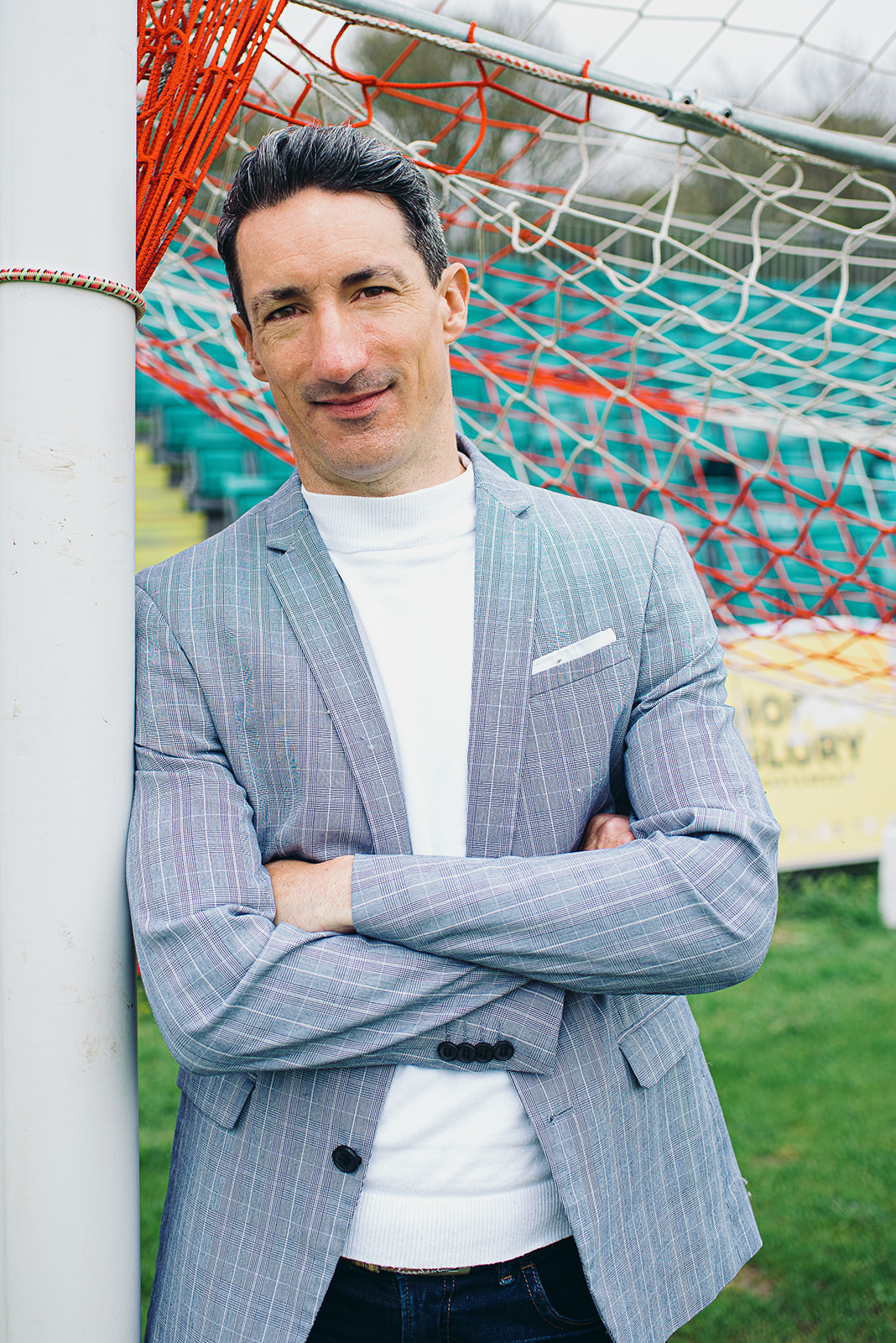
Ben Hayward is a European football writer and Tottenham Hotspur fan with over 15 years’ experience, he has covered games all over the world - including three World Cups, several Champions League finals, Euros, Copa America - and has spent much of that time in Spain. Ben speaks English and Spanish, currently dividing his time between Barcelona and London, covering all the big talking points of the weekend on FFT: he’s also written several list features and interviewed Guglielmo Vicario for the magazine.
